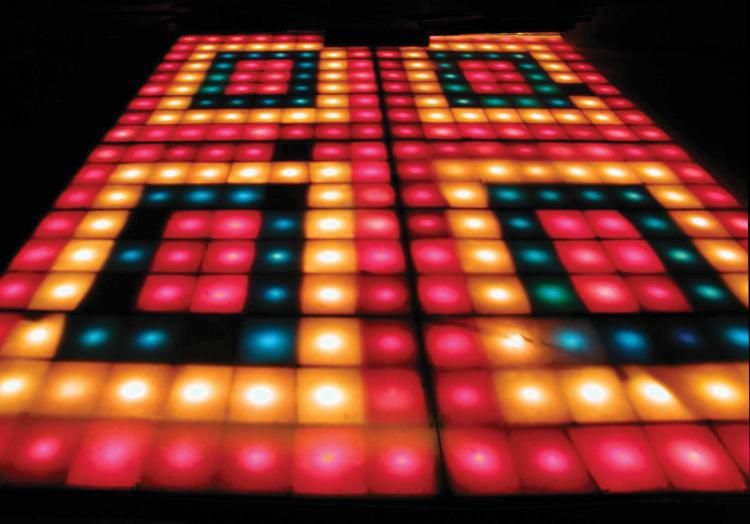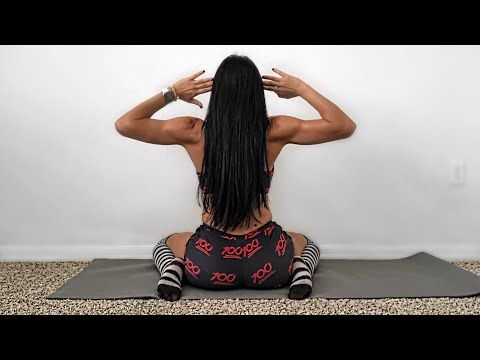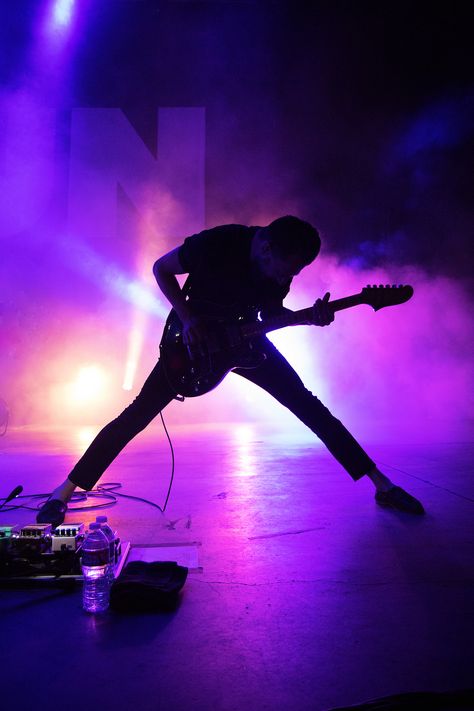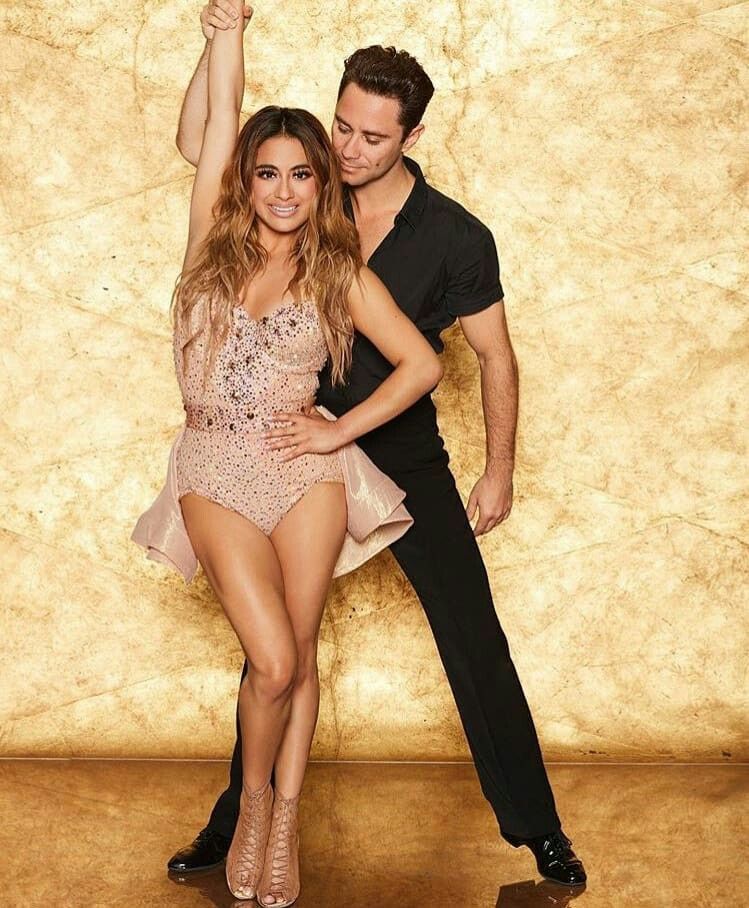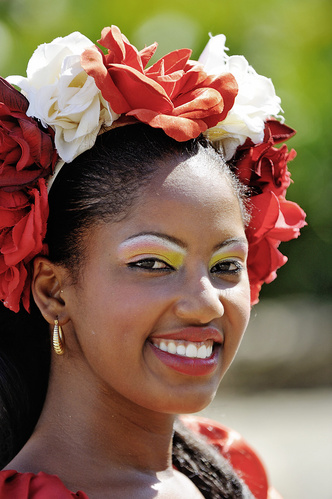How to afford competitive dance
How to Do Competition Season on a Budget
Diving into the competition and convention circuit with your studio’s team can be an exhilarating experience. But it frequently comes with a steep price tag, including entry fees, costume expenses, and (especially) travel costs. “The remote location of our town means we inevitably need to travel to compete,” says Mary Myers of The Dance Connection in Woodward, OK. “Dancers have to budget for gas, hotels, and food.” When Nationals roll around, that travel bill can skyrocket with the added price of plane tickets.
All this money talk have your heart racing? Don’t panic! A conservative budget doesn’t mean you have to sit out the season. Here’s how to get the most bang for your competition buck.
Plan with a Purpose
The most important money advice for comp season is also the simplest: Make a specific budget. That may seem self-explanatory, but drawing up a budget involves a good deal of planning and communication between you, your family, and your studio. Your studio director will probably know the season’s competition and convention schedule well in advance, for example, which can help you spread out expenses. “We build competition and convention prices into students’ monthly tuition, so that they don’t get hit with a surprising bill,” says Tiffany Prout-Leitao, director of Center Stage Dance Academy in eastern Massachusetts. If your studio asks for these payments à la carte, consider reaching out to the director about setting up a payment schedule instead.
If you’re really ahead of the ball, you could even help your studio director by researching some of the more cost-effective competitions or conventions in the circuit. For the most part, entry fees are a set rate, which makes cost comparisons fairly simple. Debbie Roberts of Showstopper recommends keeping an eye out for hidden costs, like overpriced performance videos and apparel, or parent “observation fees” at conventions.
Finally, planning ahead can help cap the cost of travel.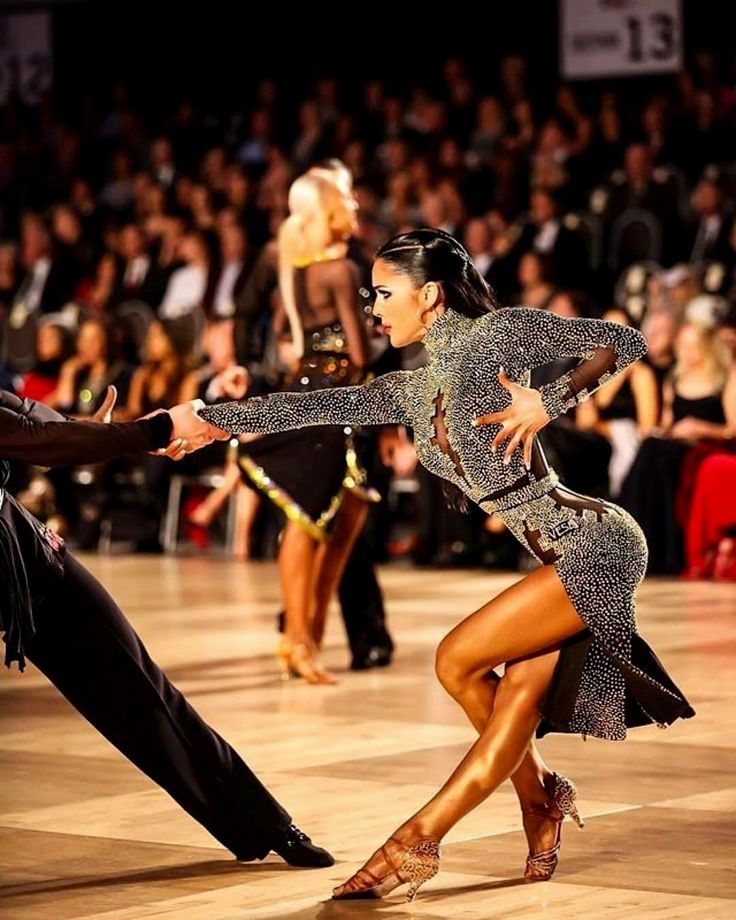 “A lot of hotels will offer group rates, if you have the numbers,” Myers says. And you can combine cost-saving forces by carpooling and packing food together, too.
“A lot of hotels will offer group rates, if you have the numbers,” Myers says. And you can combine cost-saving forces by carpooling and packing food together, too.
Think Local
Yes, a lot of competitions and conventions happen in bigger cities. But being a small-town studio dancer doesn’t mean you’ll need to fly to have a great comp experience. “Nearly every smaller city hosts competitions or conventions of some sort,” Prout-Leitao says. She encourages students to explore budget-friendly options that are within driving distance.
Center Stage competing at Step Up 2 Dance (photo by Take 2, courtesy Showstopper)
You can also ask your studio director about bringing the convention experience to you. Prout-Leitao invites local talent to offer in-house workshops, which are both less expensive for students and more tailored to their needs. “They may not be the big-name choreographers students are used to seeing on TV, but that doesn’t mean they don’t have something valuable to offer,” she says.
Put the “Fun” in Fundraising
Whether it’s selling seasonal items door to door or holding car washes and bake sales, many studios offer students traditional fundraising methods to help defray some of the costs of competition. And reaching out to community businesses for support can be even more effective. “We discovered that offering an experience was a great way to raise substantial funds,” Myers says. The Dance Connection’s fundraisers have included a package deal with a local hair salon—moms could get their hair styled while their kids played and danced at the studio—and a lottery-based fine-dining experience. “These events don’t cost us a penny, because businesses happily partner with us for the exposure,” she says.
Sponsorship is another way to leverage your community to raise funds. At Center Stage Dance Academy, dancers have the opportunity to seek out sponsors, who get free advertising on T-shirts and in recital brochures in return for their support. “Dancers get to keep all of the funds from the sponsorships they solicit, so it can be very beneficial for them,” Prout-Leitao says.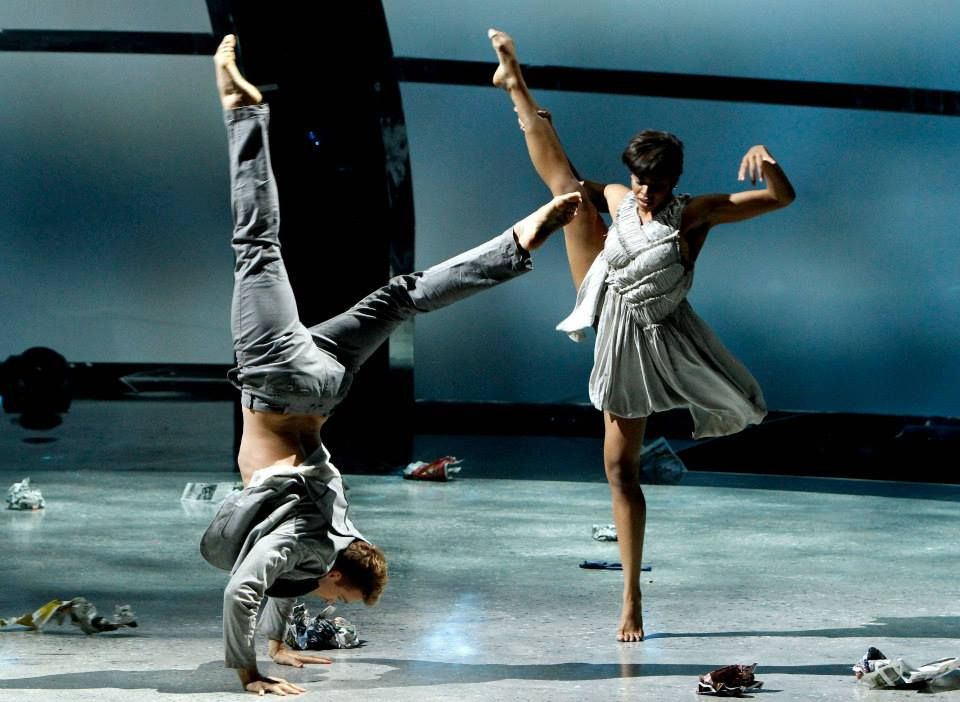
Speak Up
Ultimately, each studio has its own approach to accommodating students’ financial needs, so open communication between students and instructors is key. Prout-Leitao recommends setting up a meeting involving you, your parents, and your studio director to set goals and establish a reasonable budget. “A lot of studios can offer work-studies or assistantships to students, where they do things like bookkeeping in exchange for discounted rates,” she says.
Dancers competing at Showstopper (photo by Mid Coast Photo, courtesy Step Up 2 Dance)
Money matters are always sensitive, and it’s normal to be hesitant about bringing up your family’s situation. But there’s never any shame in asking for help, and most directors will appreciate your honesty. “We try to respect families’ privacy when it comes to matters of financial need,” Myers says. “Never be afraid to speak up if you need extra funding. Otherwise, we just won’t know.”
A version of this story appeared in the October 2018 issue of
Dance Spirit with the title “Competing on a Budget.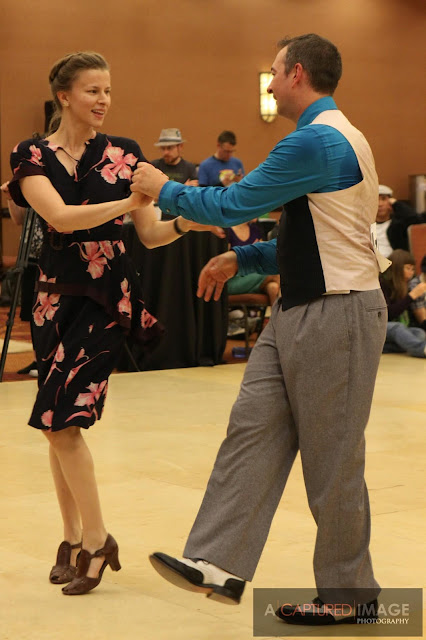 ”
”
Financing Competitive Dane
If I had to list the 3 questions that I get asked the most regarding competitive dance, they’d have to be:
#1 – Is it just like what we see on Dance Moms? (The answer is “somewhat”. Our teachers are amazing & very encouraging to all the kids, but there is definitely studio drama every week!)
#2 – Do the kids learn a new dance every week? (Our studio does not.)
#3 – How much does it cost with all those elaborate costumes and travel and competitions?
[exhale]
#3 … oh how I’ve learned to skate around this question. I’m a regular Michelle Kwan, actually.
Let me begin by saying this: I’ve never seen my daughter as happy as when she’s dancing which means that I don’t care if it cost a million dollars, I’m going to find a way for her to do it. But, I certainly came into this blind.
I’ve danced my entire life and when I say entire, I truly mean that I began at the age of 2 and still to this day teach, consult, or judge a few times each year.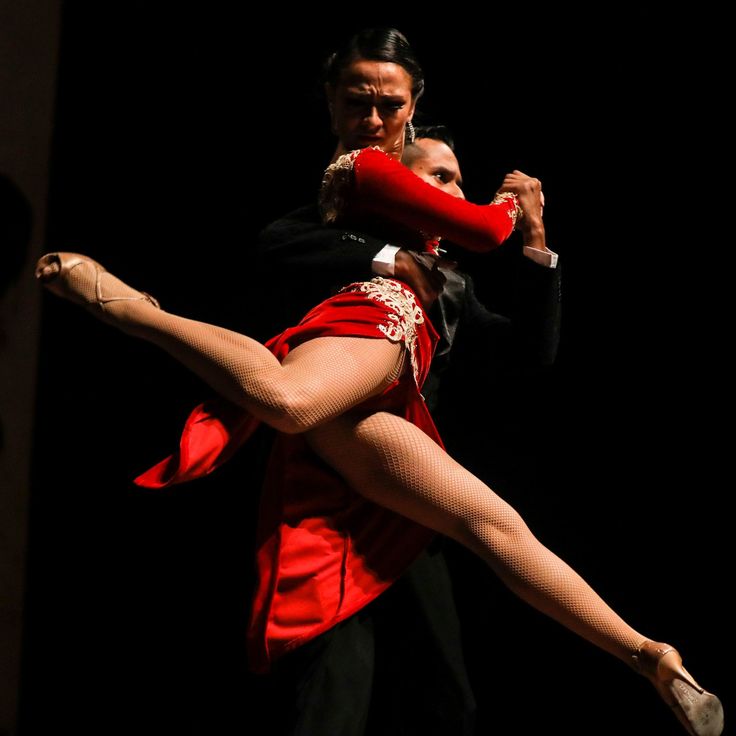 But, my experience is completely different since all of my work has dealt with schools and programs that are either subsidized by boosters or completely non-profit.
But, my experience is completely different since all of my work has dealt with schools and programs that are either subsidized by boosters or completely non-profit.
Looking back, I can honestly say that I didn’t ask the right questions before Piper auditioned for company. It was one of those situations where I thought that I had all the information that I needed. I was 3 months into the hunt before I realized that I had no idea what I had gotten into. There was no handbook and no parents meeting, and all of the moms in our original group were new! Talk about the blind leading the blind. (We did get an experienced mom added in a few weeks after my revelation and boy was she a complete God-send!)
So, if you are a first time dance mom, I’m going to – from my experience – tell you what to expect financially. Of course, every studio is vastly different, but maybe this will give you a foundation from which to ask questions and see how to build your budget.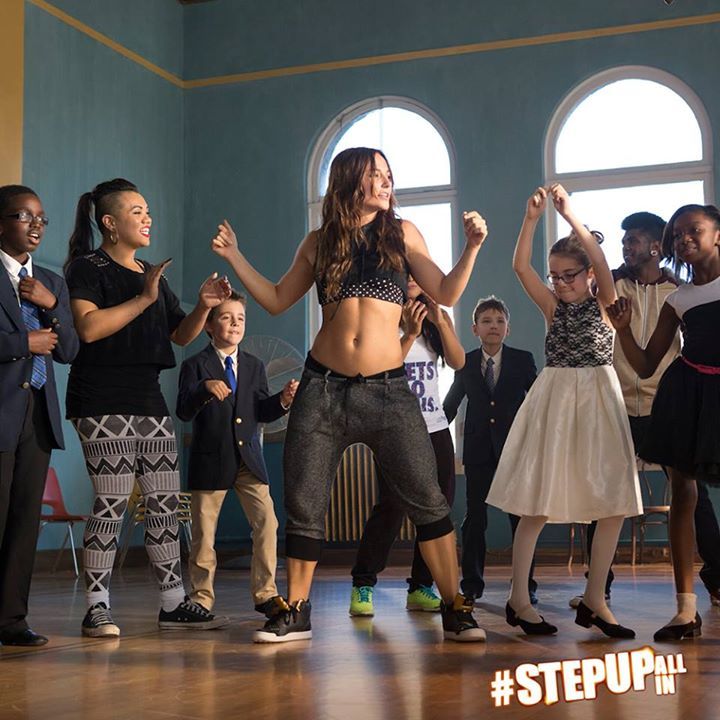 If you’ve read this blog for even a hot second, you know that I am all about budgeting and anticipating expenses. Because no one wants to talk money online (or in person, for that matter), I just pulled a number from the sky and set my dance budget off of that. The idea that I had in my head as to what this little adventure would cost us annually was exceeded during the month of October! Imagine my surprise.
If you’ve read this blog for even a hot second, you know that I am all about budgeting and anticipating expenses. Because no one wants to talk money online (or in person, for that matter), I just pulled a number from the sky and set my dance budget off of that. The idea that I had in my head as to what this little adventure would cost us annually was exceeded during the month of October! Imagine my surprise.
Even as clueless as we were going in, my husband and I decided when Piper auditioned that we would track every penny we spent. And, when I say every penny – I mean every single cent was logged in a spreadsheet from our first tuition payment to the last tank of gas that we used returning from nationals. We said that after the first year, we would look at that amount and determine if we got our money’s worth. I had no idea that this spreadsheet would be such a worthwhile endeavor. Because of it, I have the documentation to talk you through this post.
Here are the big cost centers that you can expect & where you can build questions for your particular studio:
TUITION: In my case, tuition is just tuition. It only covers the choreography and technique classes that the girls are required to take each week. We have, this year, 5 mandatory classes and 3 optional classes – regardless of whether the dancer takes just the 5 or all 8, it’s the same monthly price so we take all 8. 1 year tuition = $2,700.
It only covers the choreography and technique classes that the girls are required to take each week. We have, this year, 5 mandatory classes and 3 optional classes – regardless of whether the dancer takes just the 5 or all 8, it’s the same monthly price so we take all 8. 1 year tuition = $2,700.
COSTUMES: This was a little bit of a shocker to me when it came time to write the checks, because I know dance costume pricing like the back of my hand. That aside … Realize that the costume that comes from the company will most likely not be the costume that your child wears to the stage. It will be blinged up with Swarovski stones and made to look like a million bucks! The stones will cost nearly as much as the costume if you go all out (and, believe me, I want to go all out!). If your studio doesn’t allow you to stone your own costumes, you will also have the expense of paying someone to do it for you. (Possibility of 3 expenses here: costume, cost of the stones, and the actual stoning itself … and really, I guess you could also have alterations, but luckily all of our costumes fit like a glove last year!)
Part of the costume budget will also be special jewelry, shoes (perhaps a different color than worn in class), gloves, hats, tights, etc. And, expect those to be blinged too! For two costumes in 2012, when it was all said and done, we paid $380.
And, expect those to be blinged too! For two costumes in 2012, when it was all said and done, we paid $380.
COMPETITION FEES: If there was any part of this madness that completely took me by surprise, it was this: competition fees. I’ve never been part of an organization where the fees weren’t paid for with your regular tuition. I’ve been a lucky girl … and my luck ran out. LOL. Seeing how much that is charged for entering a show, I completely understand that my tuition couldn’t possibly cover my teachers’ salary and entry fees. But, I didn’t know that going in, so this caught me off-guard.
Our studio went to 4 regular season competitions and nationals. Plus, our company group added a competition because of the length of time that would pass between the last regular competition and nationals (nearly 8 weeks if I remember correctly).
Here’s how this works: every dance that will be judged has an entry fee attached to it. Groups are a certain price, solos are another price, duets are a different price, etc.
Last year, Piper only competed in two dances. We spent about $80/competition. (Group dances are the cheapest.) This season, she is doing 4 groups and a solo – the most expensive of all the fees. I’m estimating – using last years entry fee amounts – that we will pay around $250 per competition.
During the months where you have regular tuition, order/bling a costume, and pay an entry fee – you can really get overwhelmed if you aren’t prepared! Our studio has us begin to pay competition fees in October and we pay for one competition each month. It’s worth asking to see how it will be handled where you dance.
PS – all of the competitions that we went to offered free admission which was a very nice perk!
CONVENTIONS: There are amazing dance conventions that are out there. We did the JUMP convention and Piper took part in the JumpStart portion ($90) which was for the youngest dancers. This was about 1/3 the cost of a full convention fee because it just covered a few basic genres in a 3 hour time frame.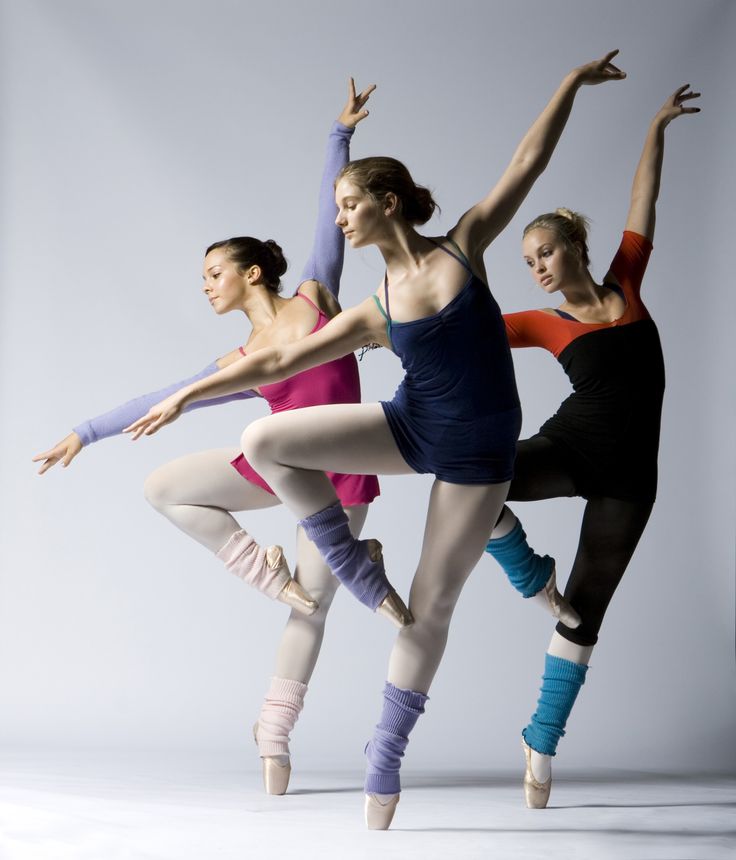 While Piper had a great time and it certainly got her pumped up about getting out on the stage, she is way to advanced to go into the JumpStart room again. So, we would have to cover the full convention fee (just over $200+). There were very mixed reviews from our studio parents about whether it was worth the $200 the older kids paid. It was apparently very crowded and the girls had a hard time seeing the choreography in order to learn and participate. So, for me, the jury is still out on whether we will go in 2013. There is a competition that coincides with the convention. We will definitely go to watch that. There was real value in being able to sit and watch dances a few weeks before the first competition. Kind-of gets you in the right state of mind and gets the juices flowing again!
While Piper had a great time and it certainly got her pumped up about getting out on the stage, she is way to advanced to go into the JumpStart room again. So, we would have to cover the full convention fee (just over $200+). There were very mixed reviews from our studio parents about whether it was worth the $200 the older kids paid. It was apparently very crowded and the girls had a hard time seeing the choreography in order to learn and participate. So, for me, the jury is still out on whether we will go in 2013. There is a competition that coincides with the convention. We will definitely go to watch that. There was real value in being able to sit and watch dances a few weeks before the first competition. Kind-of gets you in the right state of mind and gets the juices flowing again!
ATTIRE: Our studio mandates what the girls wear to all regular classes. Because we dance 6 days a week – you can’t get by with just one set of leotard/tights/shorts/bra ($60/set).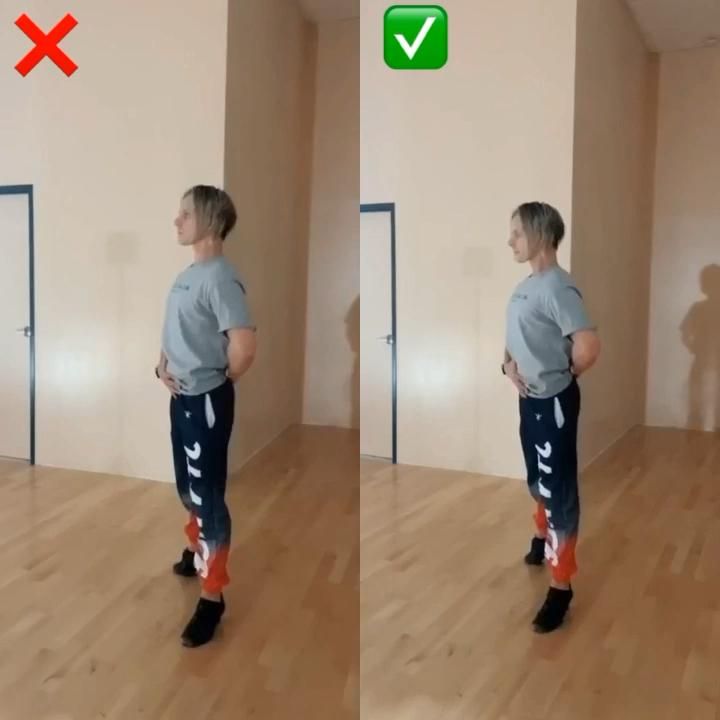 And, they aren’t cheap, so we take extra care when washing them. [Tights are our downfall. Piper can rip a pair of tights just by looking at them wrong, I swear! At $14/pair, I’m guarding them with my life!]
And, they aren’t cheap, so we take extra care when washing them. [Tights are our downfall. Piper can rip a pair of tights just by looking at them wrong, I swear! At $14/pair, I’m guarding them with my life!]
Buying shoes for a dancer that’s young is like rolling the dice. You can’t go too big or they look floppy and frankly, hinder their dancing; buy the shoes too tight and you are back within a week because of all the blisters. We spent about $200 on shoes for the year. I’m that great mom who stretches the leather ballet shoes with rubbing alcohol trying to buy another couple of weeks of wear!
You’ll also want to consider your team warm-ups. The jacket for our studio came with the option of €œblinging, € and every girl has it done. And, of course, it’s an additional cost! Our jacket/pants combo with stones was $135 and then we added on the company dance bag ($50). If I had it to do again, I wouldn’t have purchased the bag – it’s huge and tiny little shoes are always lost inside of it! The jacket was worn on stage at all the competitions during awards, so we got our money’s worth from that.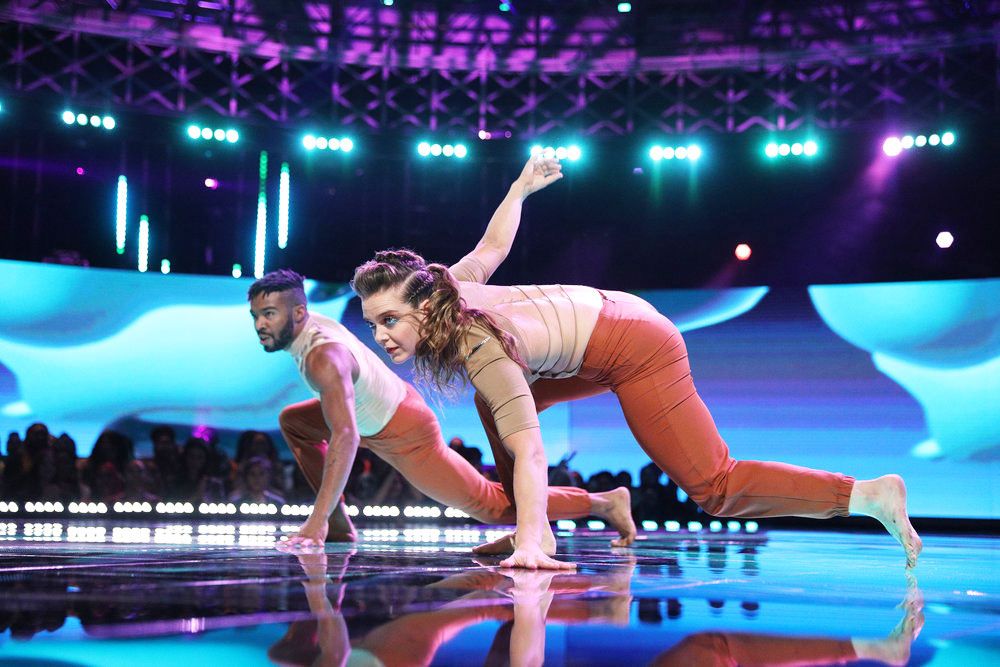 (I ordered one size bigger on the advice of another mom & I’m so glad I did. We should get at least 2 more years of wear because of the sizing.)
(I ordered one size bigger on the advice of another mom & I’m so glad I did. We should get at least 2 more years of wear because of the sizing.)
STUFF: If the items above don’t get you, the other €œstuff € will! By stuff, I mean all the things that they sell at the competitions. They all have shirts and a variety of dance-ish merchandise available. We only bought those a few times. They are generally overpriced and thankfully, Piper doesn’t usually gravitate to them. But, I did hit a huge downfall with the purchasing of pictures and videos. I bought a DVD at our first competition and the last, as well as pictures at the first competition and the last. I probably would have been sucked in to other photos as well, but the photographers hired by the event weren’t that great. I also bought a program at every show. They each listed the names of every dancer and although I’m buying these with the intention of putting them in her €œdance scrapbook,” I also think that it will be very cool to look back as she gets older and see who she competed against as a child.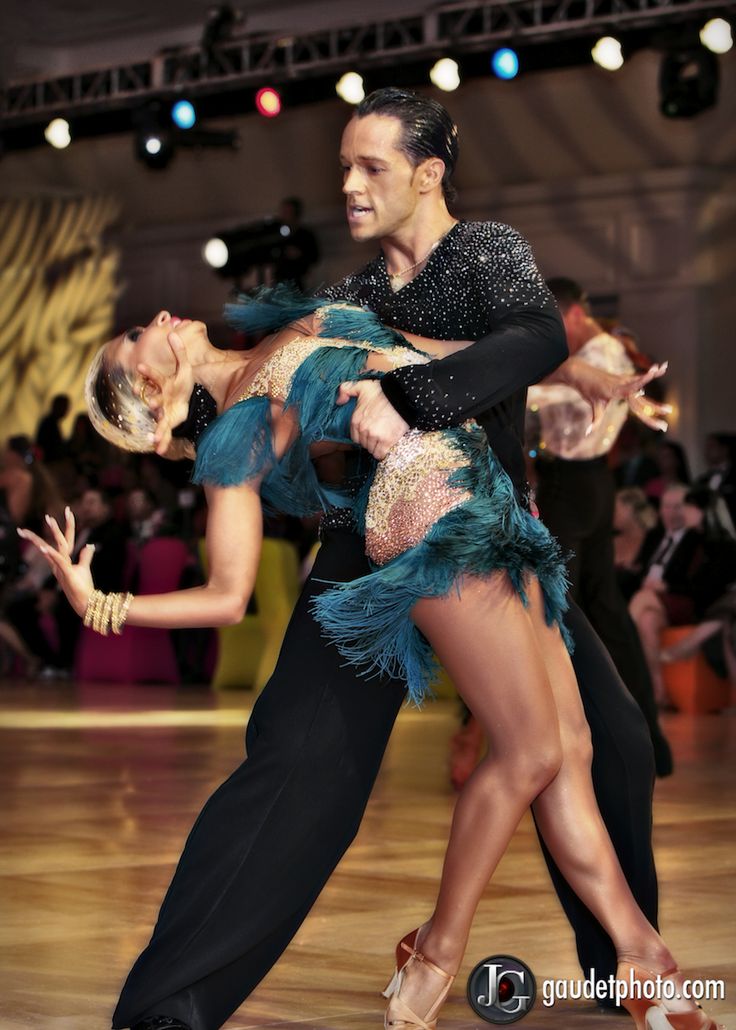
PACKING IT UP: Once you get competition ready, you’re gonna have to do something with all of these costumes, shoes, and make-up bags. If you aren’t careful or prepared, you could roll into the performance venue looking like something straight out of the Beverly Hillbilly’s with stuff busting out at every seam. I, personally, highly recommend using the Dream Duffel for organization. Every member of our company had one last year and they work exceptionally well. I had a huge amount of pity for those momma’s that were rolling in and setting up racks to hang costumes. Because behind that also came the suitcase and the make-up bin and usually a number of other devices. If they had invested in a Dream Duffel (between $200-400 total investment including accessories you might want to add on), they could have done everything in one trip! It really is worth every penny. Read my post regarding Dream Duffel on the night we unpacked ours.
TRAVEL: This was a huge cost for us. Our team traveled to Florida for nationals competition. That alone would be a big enough expense, but the competition fell during the week of the Fourth of July. All condo costs were inflated by nearly 30%. [Nationals falls the same week again this year. I have some pretty strong opinions about scheduling it in this manner two years in a row, but I’ll save that for another time.]
Our team traveled to Florida for nationals competition. That alone would be a big enough expense, but the competition fell during the week of the Fourth of July. All condo costs were inflated by nearly 30%. [Nationals falls the same week again this year. I have some pretty strong opinions about scheduling it in this manner two years in a row, but I’ll save that for another time.]
We made this a family vacation and, in fact, it was one of the most fun that we’ve ever done. Getting to spend the week celebrating our daughter’s success throughout the season with her dance friends (her best friends, btw) and their families (our bff’s) capped off a great year. So, in that regard, it was money well spent. I just wish it fell on another week, so the burden would be less.
With gas, condo, food (we cooked in all but 2 meals), and limited extras, this trip alone cost us over $3,000.
I met several moms from other studios that shared that they do a nationals competition every other year to help off-set the costs.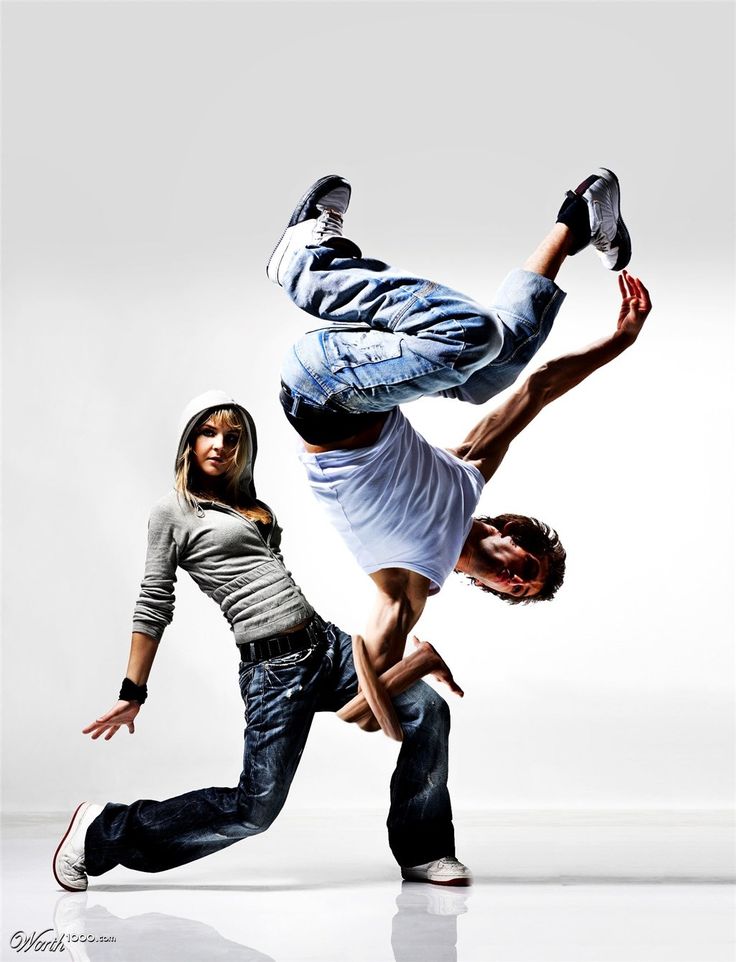 A few others from larger urban areas like us said that they alternate as well – one year close to home and the next year they travel. Whatever your studio does, find out early and begin to plan. This presents a good opportunity to sock money away to help lessen the burden when the time comes if you can make your reservations, flights, etc., in a timely manner.
A few others from larger urban areas like us said that they alternate as well – one year close to home and the next year they travel. Whatever your studio does, find out early and begin to plan. This presents a good opportunity to sock money away to help lessen the burden when the time comes if you can make your reservations, flights, etc., in a timely manner.
CLEANINGS/ADDITIONAL FEES: Because Piper only did two dances last year and they were both required group numbers, cleanings (or extra rehearsals) did not apply to her. But this year, she’s doing an extra group dance and a solo, both of which – of course – are in addition to the three dances that she is doing with her specific company group. These dances rehearse outside of the regular group schedule and thus aren’t included in our monthly tuition. You can expect to pay for choreography (the solo we paid for straight out; the group divided the cost between all the dancers) and for each cleaning/rehearsal (solo we pay the entire cost; the group is divided among the dancers).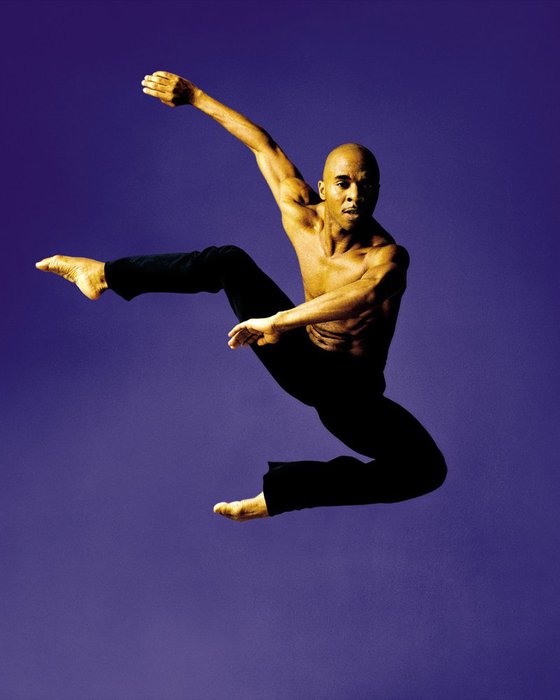
In our particular case, we paid $350 for choreography for Piper’s solo (it’s so super cute!) and we will pay $35 for every 30 minute rehearsal that she has (usually 2/month). For our extra group, we paid $110 and will pay $10/cleaning. I checked around to see what the going rate was for these things. In our area, it varies a little, but this is pretty close to standard.
I think it’s also valid to ask financial questions before you commit to any extra dances. We are working with the same teacher for our extra dance and solo. She was very forward with what her intentions were, as well as the expectation for cleanings, costuming, etc. I felt like I could make an informed commitment and I’m not on pins-and-needles every day waiting for the bomb to drop on what will happen next! It’s been a great experience for us.
**********
By the time it was all said and done, our first year in company cost us $8,500. Because of the added dances that Piper is doing this year, and using my best estimates from last year, I’m guessing that 2012-13 will see us finishing with an investment of about $12,000.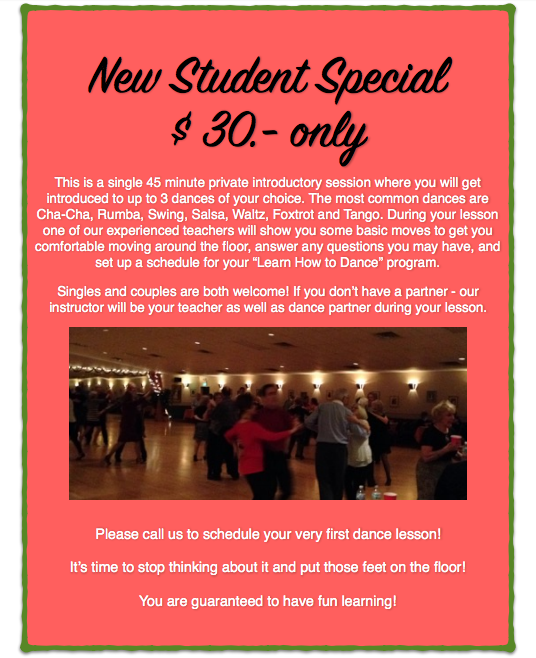
It’s a hard amount to swallow and see in print. Truthfully.
I remember hearing early on in the days of the Dance Moms series that the parents were averaging about $30,000 each in costs. Now, looking at what they learn, the number of costumes that they go through, the amount of choreography that is given to them, etc., I’d say that they are getting a bargain!
In our world, I work full-time, take on about 30 hours of additional freelance per week, and run a successful side business. My husband works full-time, works an additional 20 hours per week plus nearly every weekend teaching drumlines. This is WHY we do those things: so our kids can have more. Growing up in Beaver Dam, Kentucky, this type of dance education and these experiences are something that money couldn’t have bought for me even if we had it! I was €œgeographically disadvantaged € which is something that my children are definitely not. Houston, for a child of the arts, is a gold mine!
I’m sure some of you are thinking €œwhy in the world would you sign up for this crazy expensive €˜sport’ again? € There was no question for us when the time came – Piper loves it. Her entire face lights up when she hits the stage and she is never happier than when she’s in the studio. As her parents, that’s enough. We’ll make it work. And now, regardless of where she studies dance, we have the right foundation for questions to keep us grounded financially so that we can support her as far as she wants to go.
Her entire face lights up when she hits the stage and she is never happier than when she’s in the studio. As her parents, that’s enough. We’ll make it work. And now, regardless of where she studies dance, we have the right foundation for questions to keep us grounded financially so that we can support her as far as she wants to go.
* Special thanks to Nanny who faithfully sends money to help offset expenses for both of the children.
Although it’s not expected, it is certainly appreciated! *
Information for parents of children involved in dancing.
Memo to parents at the tournament.
Any competition is a big responsibility for the participants, parents and coaches. We have compiled an excellent memo for you, read it, print it out and calmly prepare for the competitions of your children.
1-2 days before the start of the tournament.
Try to stay calm and positive.
- think about the participant's costume in advance, it's better if the athlete's parents undertake this obligation, iron the dance costume, check the availability of all accessories for it.
- clean and put competition shoes in a separate bag.
- prepare and fold everything you need to create a hairstyle and an athlete's look. As a rule, this is a varnish, foam and glitter for hair, a comb. Now at tournaments, specially equipped tables are actively offered to create an image, but keep in mind that they may not be there. Alternatively, call and find out the contacts of the makeup and styling masters, and book them for a specific day and date. Styling and makeup is best done at home, and only tweaked at the tournament.
- don't forget spare socks and tights (for female athletes)
- check the athlete's classification book for ballroom dancing competitions
- be sure to bring a towel!
- put food and water. The priority is pure non-carbonated, bottled water. For a snack, cottage cheese with sugar, chicken cutlets with buckwheat, vegetable salad with whole grain bread, drinking yogurt or regular sandwiches.
- take a few pins to attach a number to your partner's back.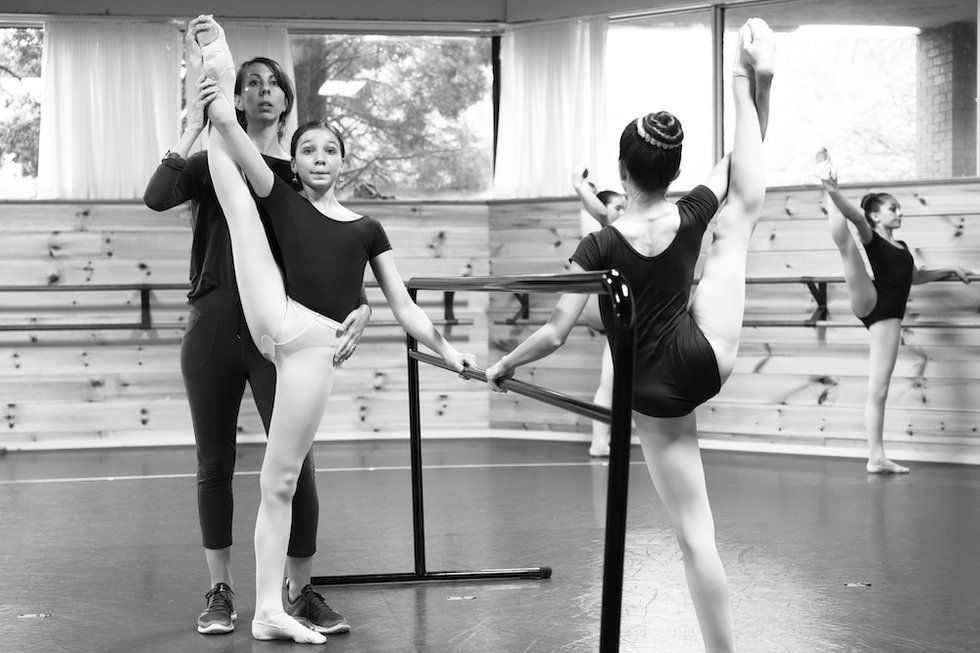
- think about photos from the tournament in advance. Charge your camera and cameras. Or book a professional shoot.
- coach, one of the key people in the tournament. Think in advance, you might want to invite him with you. In this case, you need to take care of his travel, accommodation, passage to competitions in sports ballroom dancing in advance. Most often, the entrance to the competition is paid, but the coaches are given the opportunity to go for free, for this you need to contact the organizer in advance.
- on the day of the tournament, get up early to have a quiet meal, do your hair and makeup, check everything you need again according to the list, do not forget to take some money with you.
At the tournament :
- go to the tournament in advance, it is advisable to be at the sports dance competition 1-1.5 hours before the start. Usually the tournament is divided into sections. Registration of couples starts 1.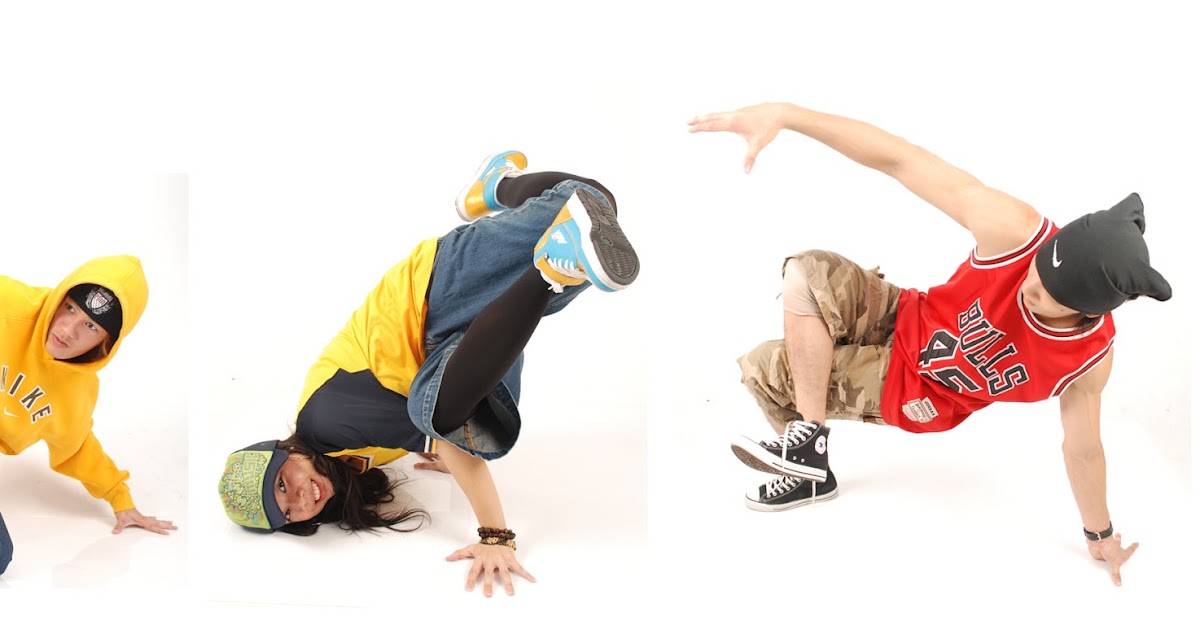 5-2 hours and ends 30 minutes before the start of your section. After registration, you can always warm up, correct the image or repeat the movements.
5-2 hours and ends 30 minutes before the start of your section. After registration, you can always warm up, correct the image or repeat the movements.
- at the entrance you can buy a participant ticket (don't mix it up and buy a spectator ticket!). Ticket prices are always different and largely depend on the venue, federation and many other factors. Tickets for spectators are usually cheaper than for participants, so bring fans with you, they will definitely like it, and you will feel more comfortable.
- ask the controller where the changing rooms are located. Go to the locker room and find an empty space there (sometimes a big problem) where you can leave your things and change the children's clothes in the future. Quite often, empty auditoriums or even stands where the tournament itself takes place act as dressing rooms (it happens sometimes). Never leave your belongings unattended. When a large number of people gather, thefts are possible.
- find the Counting Commission and register.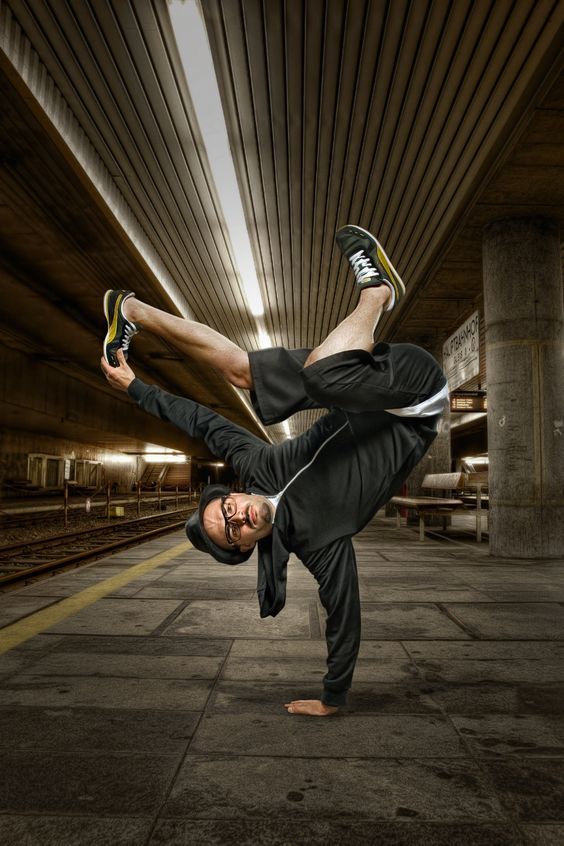 Sometimes for this you have to stand in line from 5 to 30 minutes (sometimes more). You don't have to stand in line together. One of the partners is enough. He must have on hand: both tickets, both classification books (or both birth certificates or passports). When registering, sometimes they ask the name of the club and the name of the coach. If your coach is an active athlete, then give the name of the head of the club. At registration, you will be given two identical numbers that you need to attach to your partner's back: one for the suit of the European program (shirt, vest or tailcoat), the other for the Latin shirt. Attach the number neatly and evenly so that it does not bulge during the dance, otherwise it will spoil the whole impression of your couple. It is best to laminate the number itself (if such a service is provided at the tournament), or put it in a transparent file and attach it to the back in this form. The fact is that the numbers are paper and during the movement they can simply tear or even jump off the suit.
Sometimes for this you have to stand in line from 5 to 30 minutes (sometimes more). You don't have to stand in line together. One of the partners is enough. He must have on hand: both tickets, both classification books (or both birth certificates or passports). When registering, sometimes they ask the name of the club and the name of the coach. If your coach is an active athlete, then give the name of the head of the club. At registration, you will be given two identical numbers that you need to attach to your partner's back: one for the suit of the European program (shirt, vest or tailcoat), the other for the Latin shirt. Attach the number neatly and evenly so that it does not bulge during the dance, otherwise it will spoil the whole impression of your couple. It is best to laminate the number itself (if such a service is provided at the tournament), or put it in a transparent file and attach it to the back in this form. The fact is that the numbers are paper and during the movement they can simply tear or even jump off the suit.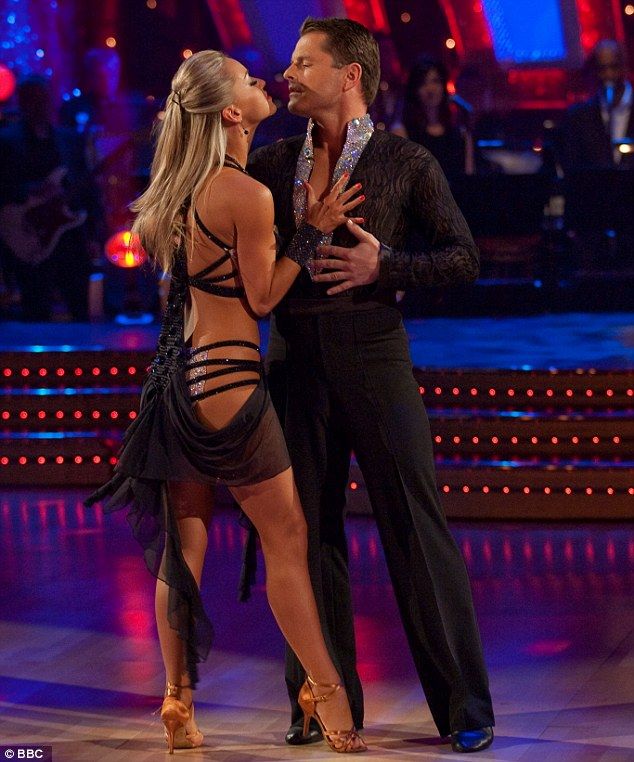
- study the entire hall and the venue of the tournament before the children leave, so as not to do this during the dancesport competition.
- do not rush to immediately change the athletes, look again at the schedule of the competition (the order of the performance of the groups), the schedule of dance runs (write down the runs on a piece of paper), it may well turn out that you are dancing 1-1.5 hours after it starts. It is best to find a place where you can warm up and repeat the variations. Sometimes, if everything goes according to schedule, between divisions, all couples participating in the next division are allowed to warm up right on the competition floor. Do not neglect this opportunity, even if there are a lot of steam. It is necessary that the athletes "feel" the parquet (how slippery it is) and try on the size of the hall (the size of the site can be very different from your training hall). You don't have to dance at full strength. Go through the variations at least purely schematically.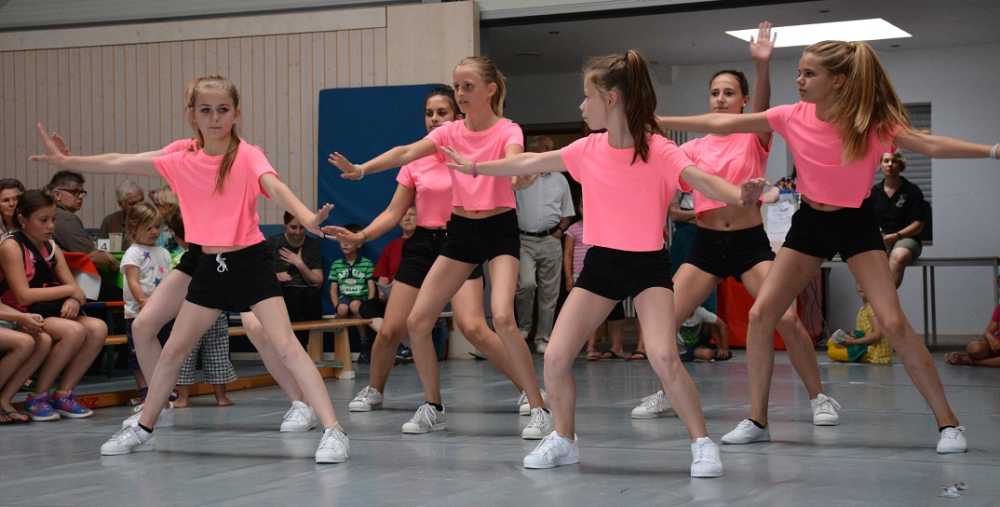 We recommend changing clothes approximately 40 minutes before going to the parquet.
We recommend changing clothes approximately 40 minutes before going to the parquet.
- warm up 10 minutes before the performance. Parents should make sure that their children stay together.
- it is customary for athletes to approach the dancesport coach after the dance (if the coach is with you).
- closely follow the dance sets. If the children dance in the last run, and the next dance in the first, then after the dance they need to stay on the site.
- if the athletes did not go out in their own run, then it is impossible to go out again in their run of the same dance.
- if the athletes did not enter their run, do not panic, enter the next one.
- if more than 7 pairs are registered in your group, then the tournament will be held in several rounds. Moreover, they can be interchangeable (for example, you dance a slow waltz in the 1st run, and a quickstep in the 3rd). Therefore, carefully study and remember the numbers of your visits and in no case do not confuse them !!
- if the athletes made incomprehensible remarks at the dancesport competitions or you notice some oddities - write down all the information from the chief judge and the organizers, and pass it on to your coach - he will be able to explain what happened and adequately respond to it, if necessary .
How to behave in competitions:
How to properly support your child? What should not be said? How to behave? Is your presence in the stands important to a child?
Parents in the stands
Child support
Competition is very important for a child from all points of view. Firstly, one competitive day in terms of its effectiveness is approximately equal to a month of training. Secondly, competitions are extremely important for a child from the psychological side: this is a test, a stressful situation, new achievements, and knowledge of victories and defeats.
Any adult athlete needs the support and care of loved ones. For example, many tennis players travel the world with their mothers or fathers, who, in fact, play only one role: the role of a loved one who is nearby. The one with whom you can always talk, share your experiences and relieve the heaviest load of emotions.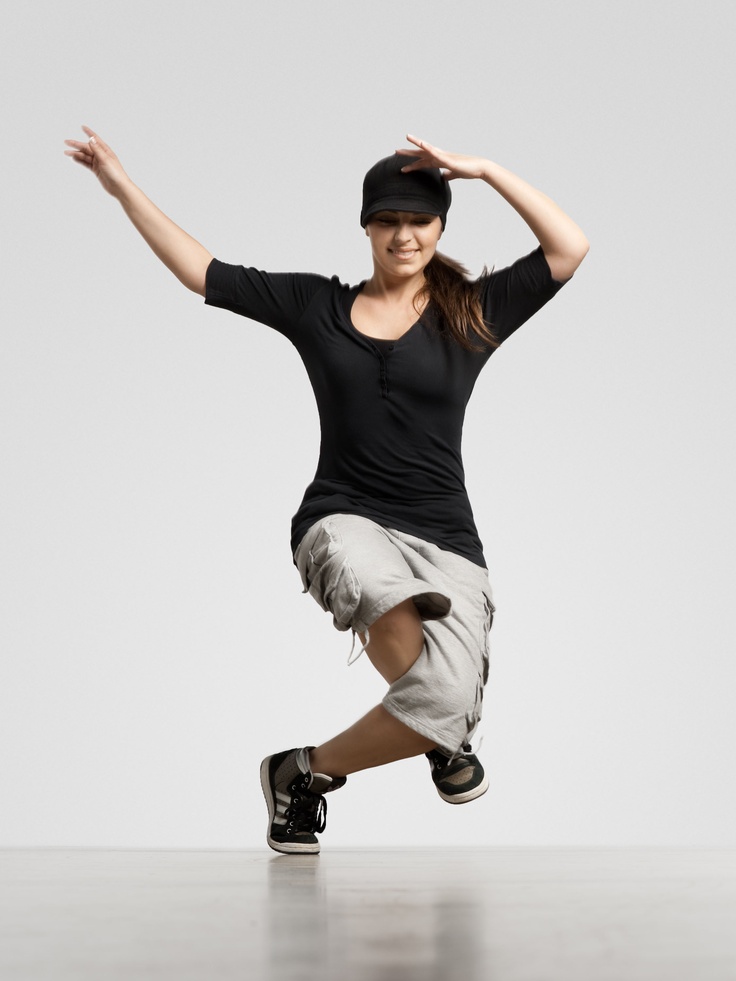 What can we say about children!
What can we say about children!
A child should not compete alone, without support from relatives. You must attend the competition. The coach and friends in the sports section, no matter how many there are, will never replace the parent sitting on the podium. Your attitude to his performance, your assessment, your reaction is extremely important to the child .
Do you know what children most often shout to their parents on the podium? "Mom, dad, look!" Do you know why most children at home, after the competition, arrange real tantrums? "Mom, dad, you didn't look at me!" And the child is right.
Parental support at competitions
Vulnerable children's psyche needs your presence, as you are one with your child. He cannot cope alone with that nervous tension and oppressive atmosphere typical for competitions. He needs you!
During the competition, he will cast a glance at you, his relatives many times, and all this time, you should meet his eyes, smile, wave to him. Your support must be absolute and complete, but not intrusive. A look, a slight movement of the head is enough to express your support from afar. If you scream, cheer furiously for the child, and God forbid anything loudly advise - all this can only harm, knock the child off the pace of the competition, upset and embarrass him. The exception is if your child himself does not ask you to "loudly" cheer for him.
Your support must be absolute and complete, but not intrusive. A look, a slight movement of the head is enough to express your support from afar. If you scream, cheer furiously for the child, and God forbid anything loudly advise - all this can only harm, knock the child off the pace of the competition, upset and embarrass him. The exception is if your child himself does not ask you to "loudly" cheer for him.
Correct behavior
- Do not interfere in the competitive process. Two people should decide what and how to do: the coach and your child. Your advice, even if you are an honored master of sports, will only hurt. Remember that in childhood there are no mistakes - there is only experience. Your child should now primarily gain experience, and not bring home medals and awards.
- If you think that your child is “weak”, “cowardly”, “compliant”, try to remember yourself at his age.
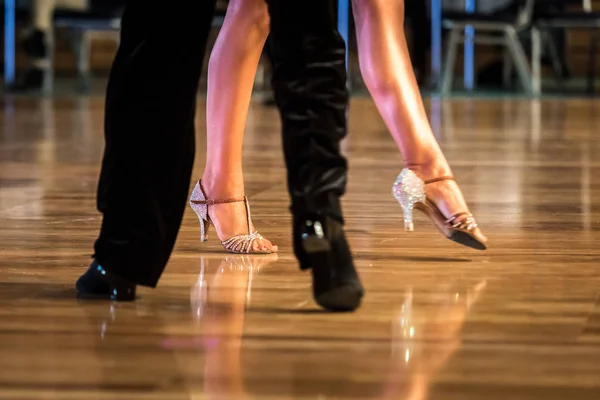 Try to put aside all those protective mechanisms of your own psyche that you have been creating for many years and remember the truth to yourself. The truth, which turned out to be deliberately forgotten long ago. Maybe you have ever shown weakness? Maybe you were wrong once too? Maybe you were once a coward too? If so, let the child do the same. This is the necessary experience that you once received.
Try to put aside all those protective mechanisms of your own psyche that you have been creating for many years and remember the truth to yourself. The truth, which turned out to be deliberately forgotten long ago. Maybe you have ever shown weakness? Maybe you were wrong once too? Maybe you were once a coward too? If so, let the child do the same. This is the necessary experience that you once received. - No way don't swear if you lose. If for the first time it just brings additional negative emotions to the child (which is not so scary, of course, but ...), then at the next competitions the child will simply be afraid to lose because of how you react to his performances. And now this is scary.
- One of the main rules is you must approve not the fact of victory, but the desire for it. In other words, you must put character, emotions, human qualities above external categories - medals, cups, diplomas, victories.
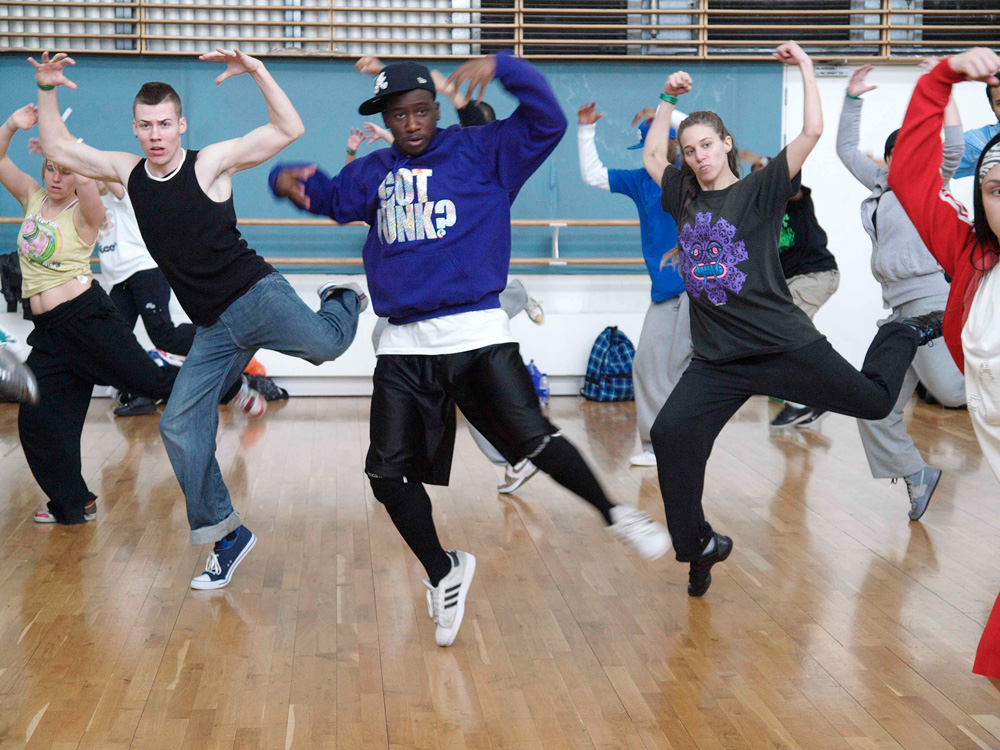 “You are a good man for winning. But the main thing is how you strived for this victory! With what zeal I wanted to win! I'm proud of you!".
“You are a good man for winning. But the main thing is how you strived for this victory! With what zeal I wanted to win! I'm proud of you!". - It is especially important to note the will to win in any case: both when the child won and when he lost. Actually, whether your child won or lost is absolutely unimportant. It is important whether he showed his character, whether he wanted to win. This must be understood by both you and him.
Conclusion
Competitions for children and adults are very different, and the most important difference is in the purpose of these events. Adults are for the most part mature individuals, and therefore have the opportunity to compete for awards, cash prizes, gifts, etc.
Children's competitions are held not at all for the sake of giving something to a child. First of all, these are activities that allow the child to reveal his inner world, to demonstrate to the world (and parents for a child are at least half of this very world, if not all of it) their qualities and skills, to show the best that he managed to achieve at the current stage own life.![]()
link to source https://rebenokvsporte.ru/kak-vesti-sebya-na-sorevnovaniyah-instruktsiya-dlya-roditelej/
After the performance, do not rush to change the athletes. Wait for the award. If your children are a participant in mass sports, then in any case, regardless of the place taken, you will receive a diploma of the 1st, 2nd or 3rd degree. If your children are participants in sports of the highest achievements, then you should wait for the award only if they danced in the final. Otherwise, you are free, unfortunately. Athletes not showing up for the awards may be punished, so make sure that the athletes respect the judges and the spectators come to the awards.
Never :
- Give children advice like “Hold your hand”, “Smile”, “Dance easy” and so on. What is not trained cannot be corrected at the tournament. And it's also impossible to jump above your head.
- Get upset about your kids' dancesport costumes or dance hairstyles.
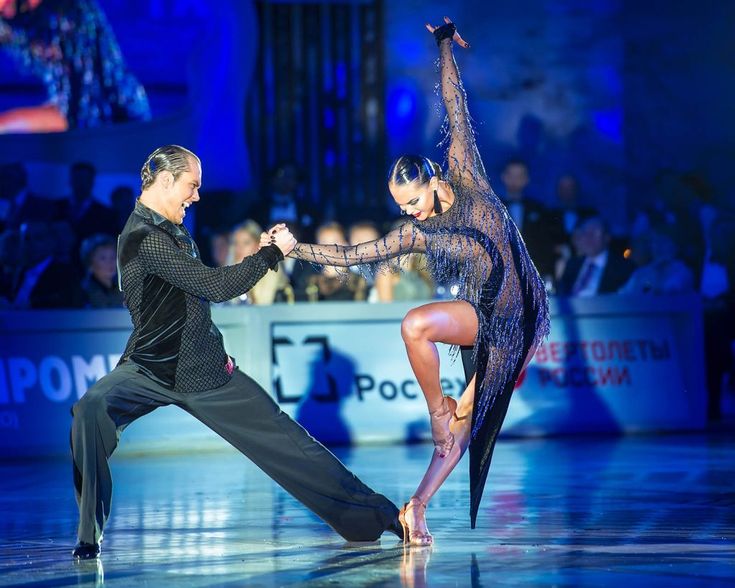
- Scolding the guys for an unsuccessfully danced dance. It has already been danced and still nothing can be fixed.
- Criticize your child's partner or partner.
- Express your opinion aloud about judges working at dancesport competitions.
- "Pestering" the main judge of the competition because of the results of your children received at the dancesport tournament. The chief referee of the competition monitors the observance of the rules: costumes, figures, tempo, duration of the melody, etc. He does not need to complain about the judges - he will not do anything anyway. You can only get clarifications.
Can :
- Shouting loudly, clapping, supporting your couple and teammates in dancesport competitions.
- Keep the dancers in a good mood.
After the performance:
If your child did not take 1st place in the competition and did not become the champion in sports dancing at this tournament, do not make a universal tragedy out of this! Be sure to celebrate any result.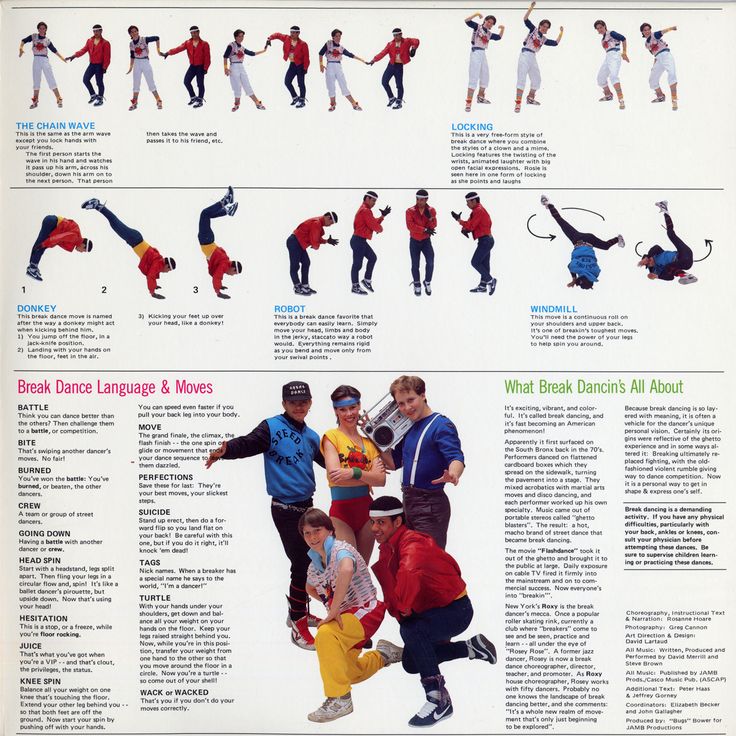
Remember:
- Children are much more comfortable with failure than their parents.
- The dancesport coach also takes failure seriously.
- In sports dancing, each training effect tournament is equal to a month of training. And this is its main benefit.
- Interclub dancesport tournament is a rehearsal, a test of readiness and character, psychological resistance to pre-launch unrest. The real level of children can be judged in open competitions in sports dances and at the championships of the city, region, country.
- Each "cross" means that this judge wants to see your couple in the next round of the dancesport competition.
- Your children's rivals are also training and want to win dancesport tournaments. There are many dancers, but the first place is one.
Successful competitions and objective refereeing!
WHAT IT IS IMPORTANT FOR A DANCER'S PARENTS TO UNDERSTAND.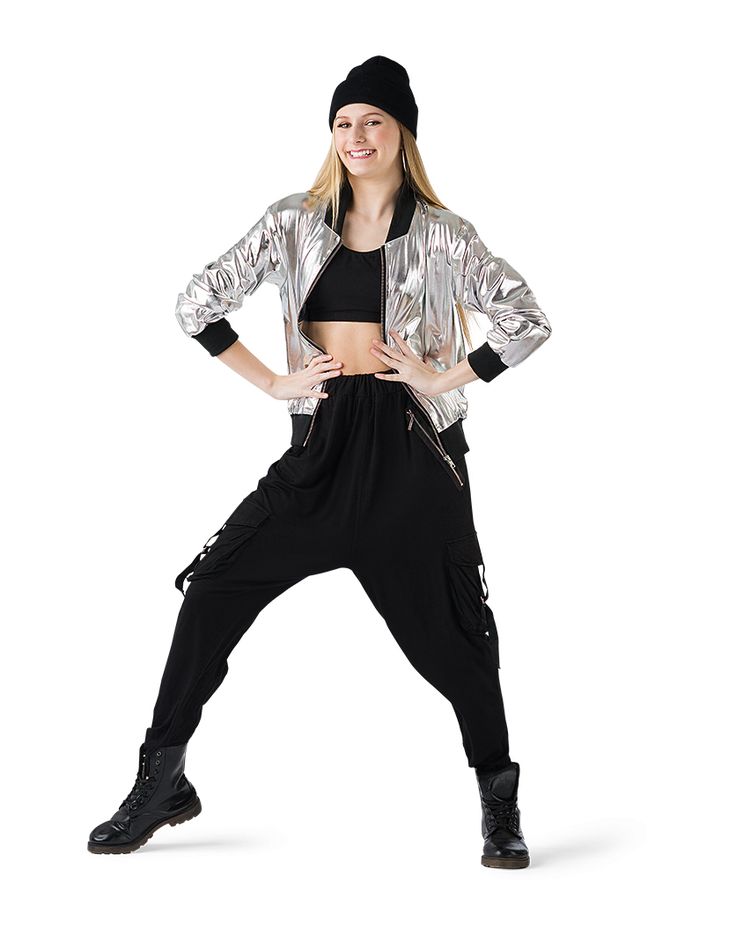
Today we would like to draw your attention to a few things that damage your reputation, the reputation of the club where your child works out and bring colossal harm to your little dancer!
The whole problem is blind love and unconscious actions!
1. SITUATION FIRST
Occurs VERY FREQUENTLY (unfortunately).
When your baby is 4, 5, 6, 7...9 years old
When he is just starting to perform
When you (especially dads) are proud of your child and want to tell the whole world how wonderful your child is
YOU START PHOTOGRAPHING HIM !
And that's great, BUT!!!
A few things to consider:
1. During your child's performance, you try to get as close as possible to him, to draw his attention to you as much as possible in order to take the most beautiful photos in the world.
And you don't care at all that the child shouldn't pose for you at that moment, shouldn't even notice you in the hall, much less try to get closer to you.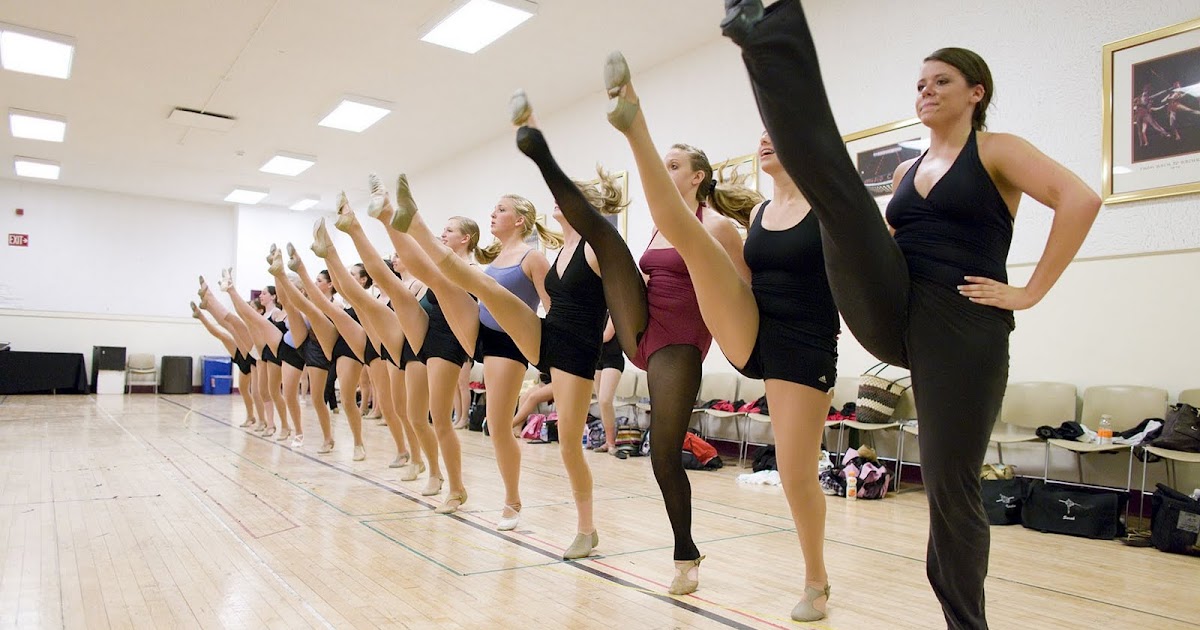
A must:
Be in the view of the judges!
Notice only the coach in the gym!
And focus on the performance of the song!
Unconsciously, by your actions you are preventing your dancer from performing well and taking a prize!
2. SITUATION TWO
You think that your children are still too young and much can be forgiven and allowed to them. BUT!
It is quite natural that during the performance on the floor, the dancer should be able to move freely around the floor without fear of injury and without restricting their movements!
BUT THEY CANNOT DO THIS because your small children are sitting on the playground, put their feet on the playground, water bottles and stuff!!!
Usually the technical commissioner asks to pick up the children from the playground, take them beyond the boundary line, BUT YOU, the parents, DO NOT RESPOND to these calls, believing that the kids can do everything just because they are small!
I hope you understand that little children grow up, but habits remain.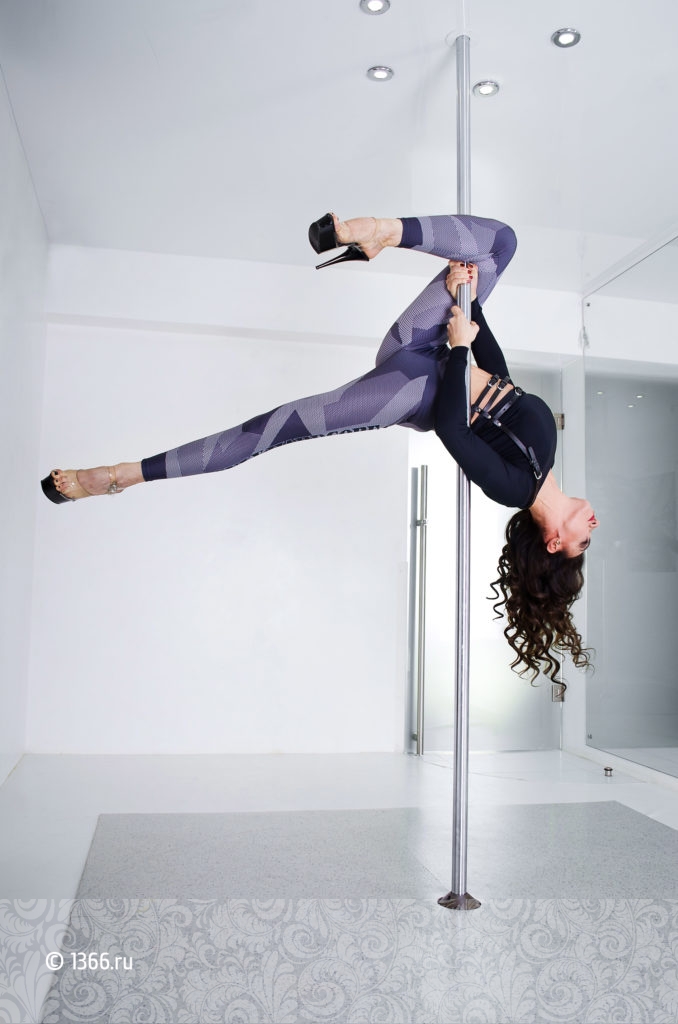 And if you do not instill the rules of behavior in a baby, then they will not appear in an adult!
And if you do not instill the rules of behavior in a baby, then they will not appear in an adult!
And then you will be indignant that your child stumbled over someone's foot on the playground and got injured.
That your child was not able to do all the movements with full force and with maximum amplitude because he was interfered with by ALIEN KIDS sitting behind the restrictive strip!
That your team or dancer was disqualified for violations...
But all this can be avoided by simply accustoming a little dancer to the rules of behavior on the dance floor!
3. SITUATION THREE
You leave the competition without waiting for the award due to:
- your child is tired
- or because your kid didn't win a prize, but a coach can also get a finalist diploma
Such an attitude towards the results of your child's performance is simply CRIMINAL!
By such behavior you show disrespect to yourself, to your child, to your coach and to the event as a whole.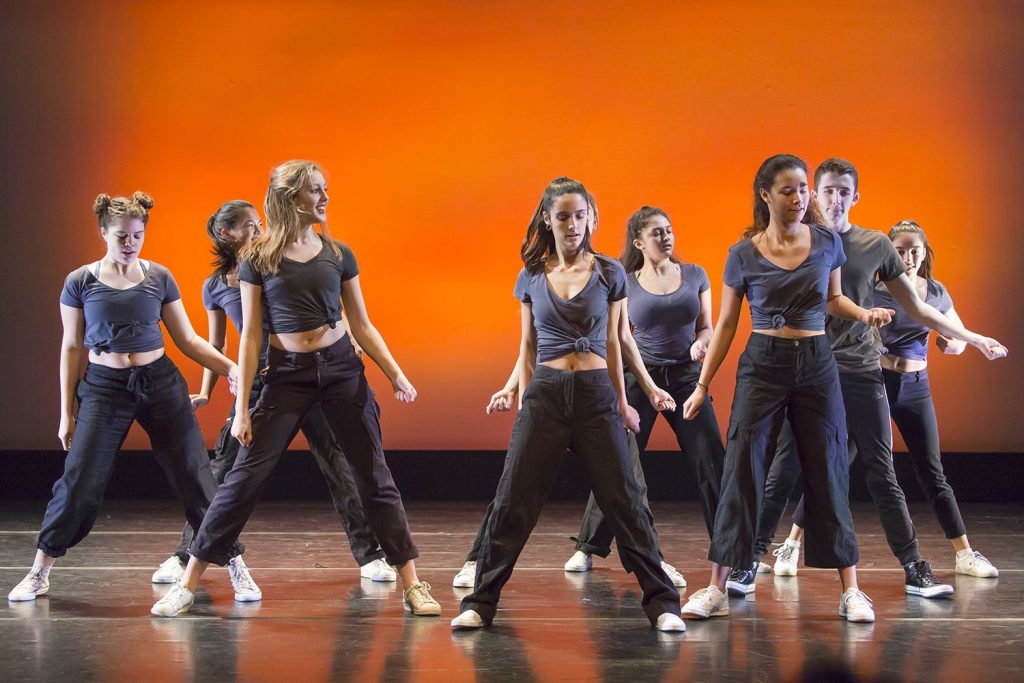
I consider this completely unacceptable and in my team react very harshly to such behavior. Namely, either I do not allow the child to the next competition, or I leave his award in the club's fund (even if it is a cup or a medal). And I think this is a completely fair decision.
4. SITUATION FOUR
Photo on the pedestal.
Before or after the competition, parents start taking pictures of their beloved babies on the pedestal in various funny poses. It would seem a joke, Funny photo for memory, BUT!!!
It is these actions that devalue the value of the pedestal.
Have you ever seen that at the World Championships, European Championships or at the Olympic Games, athletes or dancers who have not received prizes and awards climb to the highest step of the pedestal to be photographed on it sitting, lying, somersaulting ...... .
Or maybe you have seen how anyone who wants to be photographed on the "Red Carpet" crawling along it like a plastuna or jumping into a twine!? It's even impossible to imagine!
So why do you allow yourself and your baby to act like this?
5. SITUATION FIVE
SITUATION FIVE
Your baby won! He happily runs to you, shows you the reward and receives a portion of praise from you! And with the whole friendly family you leave the hall.
It would seem that everything is true, BUT think about it:
Is your child the only one to be praised in this situation? Or there is still a person in the hall who made a huge contribution to the victory of your child.
Maybe you should praise your kid, and then go up to your coach with him and thank him for the victory of your dancer?
I think it's worth it! It is worth accustoming the child to the fact that not only he is "guilty" of his victory, but also those people who teach him! It is worth accustoming yourself and the baby to certain norms and rules of behavior.
It may not be easy and it will cost you some work, but remember that it will pay off handsomely.
Let's love our children by bringing out the best in them.
ABOUT THE RELATIONSHIP BETWEEN COACHES AND PARENTS IN SPORT.
In our time, we often become witnesses to the hyper-participation and omniscience of the parents of athletes in the business that their children are engaged in. Coaches often hear advice and complaints about their work. At a certain moment, the question begins to arise about why you need us so much, if, according to the logic of many, we generally have no idea what to do and generally spend our time on the wrong things and the wrong ones?
In turn, I really want to ask parents about what they did to ensure that their athlete achieves success and the attention of a coach? Yes, yes ... You heard right. You have to fight for attention. Still, let's take a look.
1. What kind of results can we talk about if your child misses classes all the time? In fact, in most cases it turns out that when we need it, we come and demand strictness and attention, and when we don’t need it, we can skip it. Go to a birthday party to eat a cake, go on an excursion, and also take part in 125 circles on reading poetry, making pottery and artistic whistling. I will tell you as an athlete and coach that in order for there to be progress due to high ambitions, you need to sleep in the gym. And maybe in five years you will start to get something. Does the child do homework? I assure you that almost every athlete receives assignments and work at home. This is a minimum of strength training and stretching. Have you seen him doing something at home? School assignments you solve at home. Why do you think that the coach's tasks can be ignored?
I will tell you as an athlete and coach that in order for there to be progress due to high ambitions, you need to sleep in the gym. And maybe in five years you will start to get something. Does the child do homework? I assure you that almost every athlete receives assignments and work at home. This is a minimum of strength training and stretching. Have you seen him doing something at home? School assignments you solve at home. Why do you think that the coach's tasks can be ignored?
2. Do you keep track of your child's nutrition? There is a certain set of rules about the appearance, weight and nutrition of the athlete as a whole. If you feel sorry for your poor hungry child who ate the first, second, but was left without sweets, I suggest you an experiment. Pick up a 5-liter bottle of water and jump for 4 hours. Now think about the fact that your child is also three times smaller than you. Excess weight is primarily an injury. Whether you like it or not.
3. Have you instilled in your child the concept of diligence? Do you explain to him that in order for something to work out, you need to work hard, be patient? What you need to be able to listen and hear.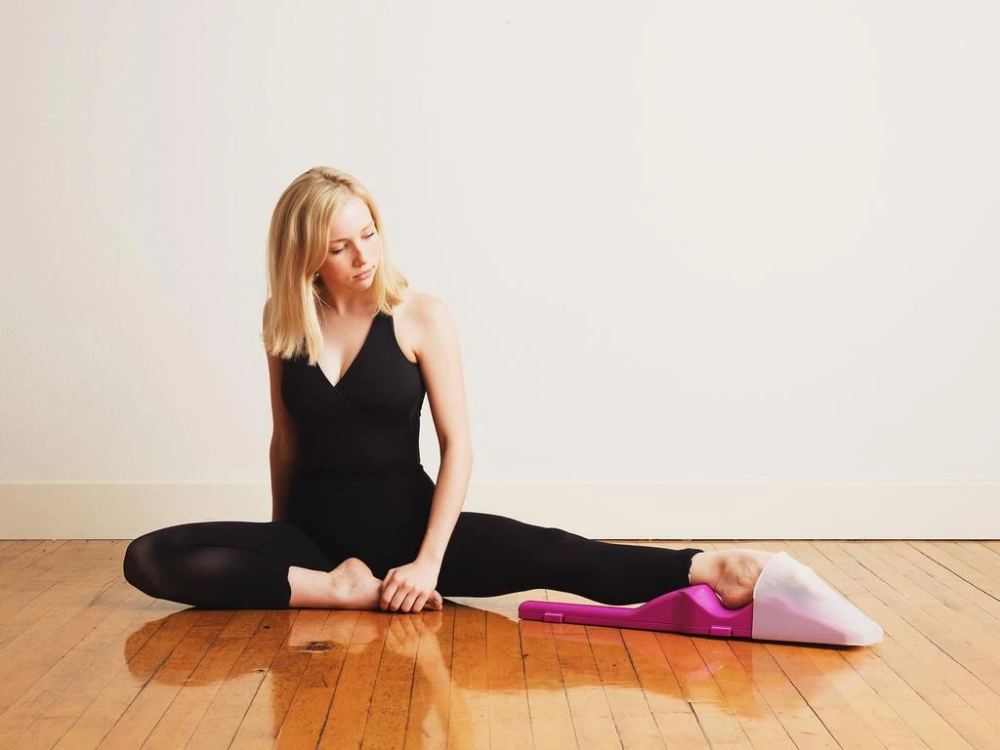 After all, the coach explains the same to everyone !!! Some people just hear it and some don't. And some don't need it at all. And someone is generally a terrible lazy person, and at least, excuse me, beat him with a stick, he will stand and sharpen his laces. But parents firmly believe that it is their child D'Artagnan who sometimes reaches the point of absurdity: the child's words about how diligent and promising he is are believed more than the coach's simple words: Lazy!
After all, the coach explains the same to everyone !!! Some people just hear it and some don't. And some don't need it at all. And someone is generally a terrible lazy person, and at least, excuse me, beat him with a stick, he will stand and sharpen his laces. But parents firmly believe that it is their child D'Artagnan who sometimes reaches the point of absurdity: the child's words about how diligent and promising he is are believed more than the coach's simple words: Lazy!
4. Very often one hears from children: "But my mother said that I don't need it." My dears, my mother has nothing to do with it at all. There are instructions from the coach about what you need to bring with you to competitions or training camps. Or what to take for training. Why do you think that this can be neglected? Understand that only your child gets problems.
5. Many parents today believe that school and sports should educate. No. Parents should teach the elementary rules of decency. Your child should know what respect for elders and especially his teacher is.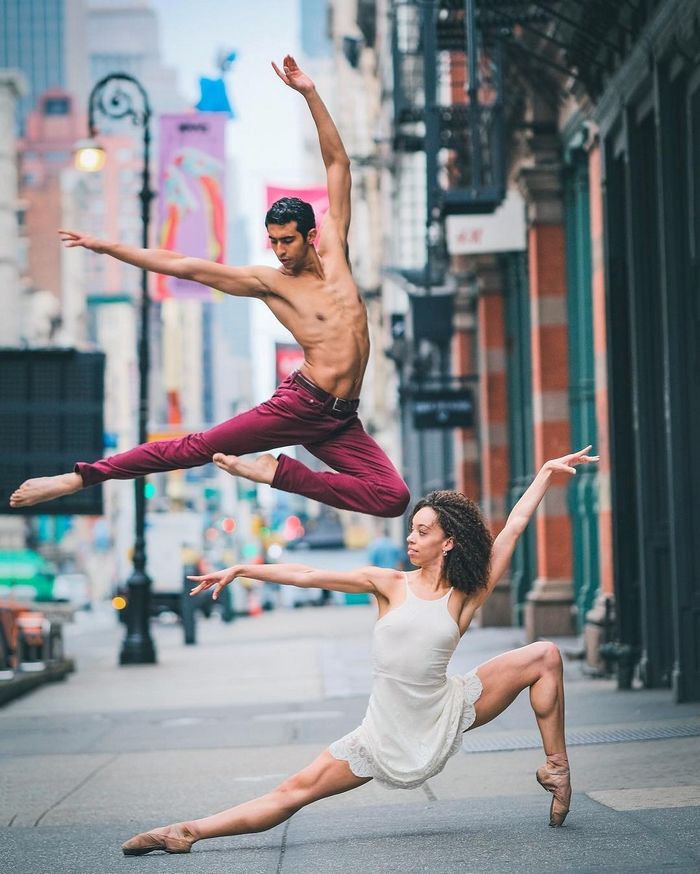 Entering the hall say: "hello." When leaving, do not forget to thank for the training and say "goodbye." Returning from the competition, do not forget to approach the teachers who did not accompany them, but also prepared for these starts, and say "thank you". Tell how everything went and discuss the mistakes. What about team work? It is very important to be able to start with yourself, and not blame each other for mistakes and sort things out. Believe me, we have to spend a million hours on changing understanding, education, conversations, etc. It is difficult for children. They are used to living in a state of eternal correctness, and the coach has to break character. Children should be able to make their own decisions. Help us teach them this. They have their little baby solutions too. For which they should be able to bear responsibility, and not look for someone to blame and wait for someone to decide everything for them and everything will work itself out.
Entering the hall say: "hello." When leaving, do not forget to thank for the training and say "goodbye." Returning from the competition, do not forget to approach the teachers who did not accompany them, but also prepared for these starts, and say "thank you". Tell how everything went and discuss the mistakes. What about team work? It is very important to be able to start with yourself, and not blame each other for mistakes and sort things out. Believe me, we have to spend a million hours on changing understanding, education, conversations, etc. It is difficult for children. They are used to living in a state of eternal correctness, and the coach has to break character. Children should be able to make their own decisions. Help us teach them this. They have their little baby solutions too. For which they should be able to bear responsibility, and not look for someone to blame and wait for someone to decide everything for them and everything will work itself out.
6. Never discuss the work of coaches and referees in front of children.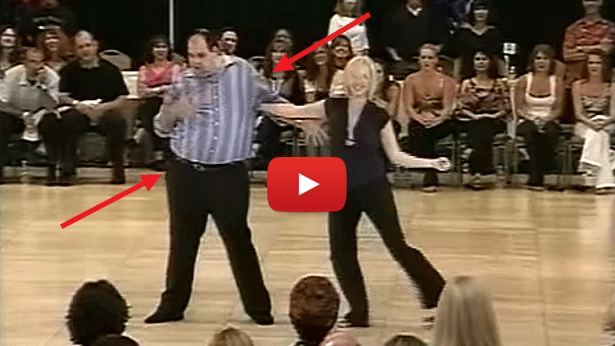 And never interfere with the training process and the coach's plan, the decisions of the judges at the competition. Again, when I constantly hear some kind of dissatisfaction and questions, I want to ask: "Why such sacrifices and torments? After all, no one is holding you by force." What are the coaches maniacs what or what? Trust that each student has a different work plan and approach. Your educational work. And your pace of development. Someone thinks and learns quickly, but someone needs time. This is fine. We are all living people and we are all different. And do not panic at one unsuccessful performance. Children are not robots and always have the right to be human. Olympic champions make mistakes, what can we say about a little girl who first came out to perform at big competitions. Forget the words: "follow", "check", "pay attention" and so on... We don't come to your house and don't teach you how to fry cutlets, for example.
And never interfere with the training process and the coach's plan, the decisions of the judges at the competition. Again, when I constantly hear some kind of dissatisfaction and questions, I want to ask: "Why such sacrifices and torments? After all, no one is holding you by force." What are the coaches maniacs what or what? Trust that each student has a different work plan and approach. Your educational work. And your pace of development. Someone thinks and learns quickly, but someone needs time. This is fine. We are all living people and we are all different. And do not panic at one unsuccessful performance. Children are not robots and always have the right to be human. Olympic champions make mistakes, what can we say about a little girl who first came out to perform at big competitions. Forget the words: "follow", "check", "pay attention" and so on... We don't come to your house and don't teach you how to fry cutlets, for example.
And one more thing... The work of a coach, referee and any other teacher in this field is an endless work of the brain and the expenditure of energy.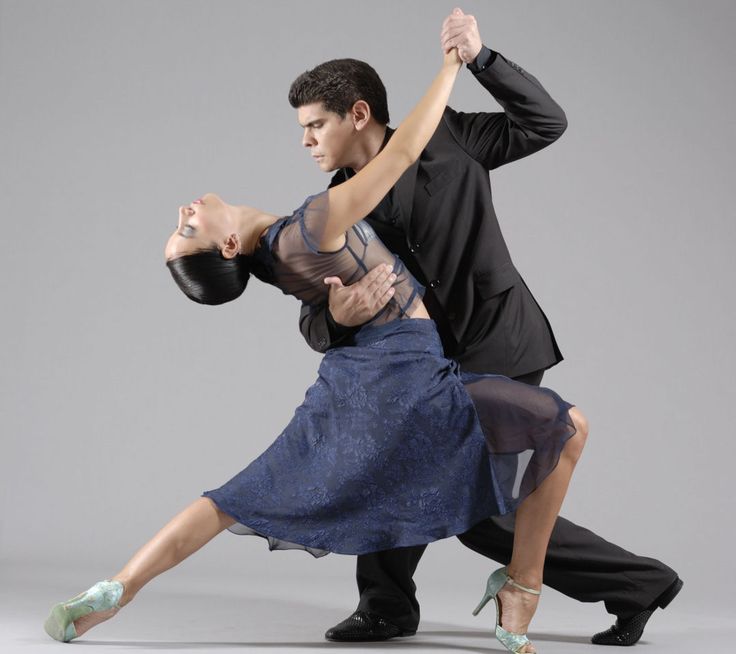 We cannot, like accountants, close the laptop and go home. There are always a lot of plans, performances in my head ... The coach always thinks about how best to do it here, and here ... And here ... He never rests. So please, let's give each other a rest. At work, we always give a part of ourselves to make your children better. After all, sport teaches not only to sit on the twine. He teaches us many human qualities that help us live in adulthood: responsibility, the ability to achieve one's own no matter what, perseverance, mutual assistance, the ability to solve problems in an acute situation, to think and not get lost, dignity and you can list for a very long time. This I mean that you don’t need to call at 8 am on a day off with a question about what dresses to buy or write SMS at 12 am that you forgot your shoes in the hall.
We cannot, like accountants, close the laptop and go home. There are always a lot of plans, performances in my head ... The coach always thinks about how best to do it here, and here ... And here ... He never rests. So please, let's give each other a rest. At work, we always give a part of ourselves to make your children better. After all, sport teaches not only to sit on the twine. He teaches us many human qualities that help us live in adulthood: responsibility, the ability to achieve one's own no matter what, perseverance, mutual assistance, the ability to solve problems in an acute situation, to think and not get lost, dignity and you can list for a very long time. This I mean that you don’t need to call at 8 am on a day off with a question about what dresses to buy or write SMS at 12 am that you forgot your shoes in the hall.
And, of course, no matter how much we would like and dream, there is only one first place. And there are thousands of athletes. To become an Olympic champion is not enough talent, appearance and even work. You have to be born under a very lucky star. And there is nothing wrong with your child exercising for the sake of the process, and not for the sake of medals. All this will not go unnoticed. Be your child's friend. Praise him, support him. And the coaches will scold him...
You have to be born under a very lucky star. And there is nothing wrong with your child exercising for the sake of the process, and not for the sake of medals. All this will not go unnoticed. Be your child's friend. Praise him, support him. And the coaches will scold him...
Let's say you decide to take up dancing, find a coach, everything suits you, classes have begun. And here the most interesting begins. Parents are wondering - when will the result appear? And what should it be?
The problem is that many parents (or their children themselves) come to dance with the hope that in a month or two at the most they will be dancing like this wonderful couple in the video (who, by the way, have been dancing for decades). ). I want to warn you right away - know what you are going for! Dancing is primarily a sport. And in sports you need to work hard. It is especially necessary to understand this at the first stage.
At first, any good coach will put the child on the so-called base.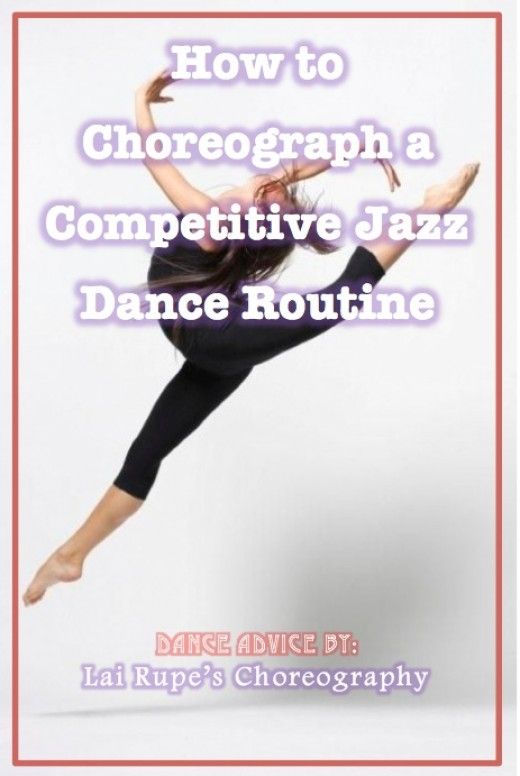 This is the ability to feel your body, which we talked about in the first issue. This is the ability to keep your back and head straight. This is the ability to listen to music, get into it, learning the simplest movements. This is the ability to work, diligence, perseverance. Yes, it is long, tedious, and there is nothing to brag about to the neighbors. It's not something you've seen on TV or on video. But this is exactly what children need for further success. Then acting skills, complex poses and supports, beautiful plasticity very easily fall on a good base.
This is the ability to feel your body, which we talked about in the first issue. This is the ability to keep your back and head straight. This is the ability to listen to music, get into it, learning the simplest movements. This is the ability to work, diligence, perseverance. Yes, it is long, tedious, and there is nothing to brag about to the neighbors. It's not something you've seen on TV or on video. But this is exactly what children need for further success. Then acting skills, complex poses and supports, beautiful plasticity very easily fall on a good base.
But often parents bring their children to dances not for their children, but for themselves - in order to realize their dreams and ambitions. Because it is fashionable, prestigious or very expensive. And the coach, seeing this, begins to "work off" parental money - instead of boring and necessary work on the base, children are given complex images, acting, complex choreography. This is immediately evident, because the children do not yet realize what they are doing, and for them this looks like just antics. But not for parents! Parents are happy - they came for this! At competitions, the result is corresponding - the judges are touched and let the couple go to the final and to prizes. It would seem that this is happiness.
But not for parents! Parents are happy - they came for this! At competitions, the result is corresponding - the judges are touched and let the couple go to the final and to prizes. It would seem that this is happiness.
Usually everything falls into place in about a year or two. Diligent kids who mastered "two stomp, two stomp" begin to stand out, because there is a base, and they are already moving on, they are mastering complex techniques. And the clumsy artist, who cannot figure out his arms and legs, remains the last. And then a tragedy unfolds in the best traditions of the genre - ambitions are fueled, they get used to the pedestal, and the dancer and his parents begin to blame the coaches, partners, judges, the Lord God and anyone else for the lack of results. It ends with the child giving up dancing, believing that he is an unrecognized genius.
If your goal is to really teach your child how to dance beautifully, be prepared and look for a coach who will give the child a good base.
"A girl and a boy are always love." Subtleties of ice dancing from coaches Stepanova and Bukin
Interview with Irina Zhuk and Alexander Svinin.
One of the strongest groups in the world in ice dancing is the figure skating department at UOR No. 4 named after. Gomel. There, at the Mechta skating rink, hopes for Olympic awards have been formed by the coaching duet for more than 20 years Irina Zhuk and Alexander Svinin .
Over many years of working together, a couple of coaches have prepared European champions Yana Khokhlova with Sergey Novitsky and many other famous figure skaters. Now in the Zhuk and Svinina group, vice-champions of Europe Alexandra Stepanova and Ivan Bukin are training, as well as a number of very promising junior pairs led by bronze medalists of the recent World Junior Championships in Tallinn Elizaveta Shanaeva and David Narizhny .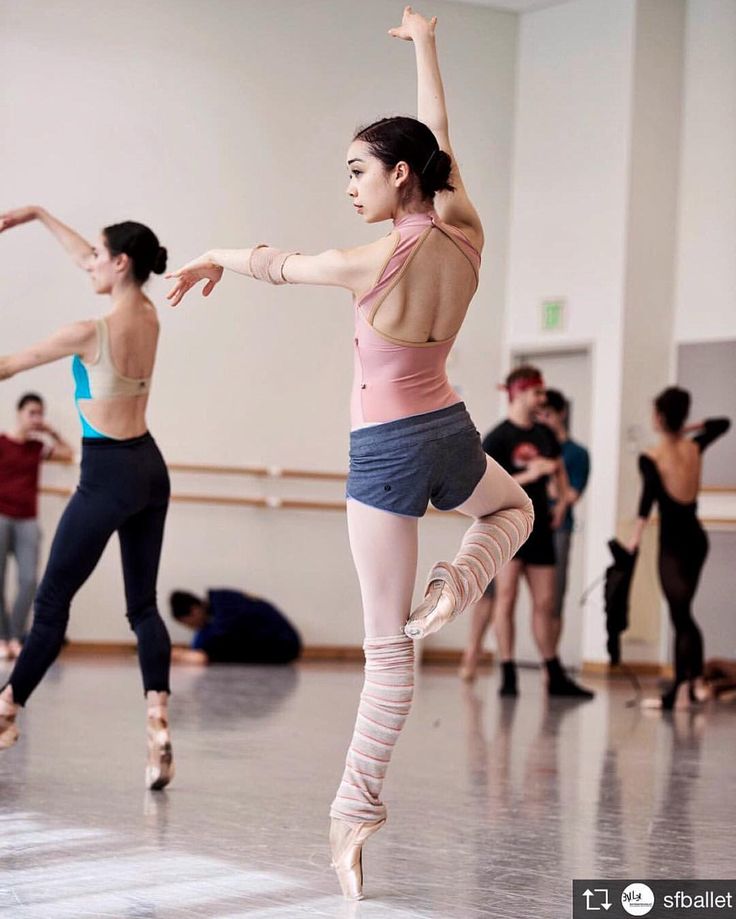
Referee scandals often arise around the Stepanova/Bukin pair. Athletes from the world top in dancing are rarely offended in the marks, but Alexandra and Ivan are often deprived of points. Zhuk and Svinin are in constant contact with the judges, but experts do not consider it necessary to accuse them of bias. A distinctive feature of their coaching style is a complete refusal to participate in behind-the-scenes intrigues and showdowns that have flooded modern ice dancing.
Now the athletes of their group, like all other Russian figure skaters, are in self-isolation. Irina spoke about how they go through the period of home training, how the quarantine will affect the preparation for the season, and whether the measures to combat the coronavirus correspond to the scale of the pandemic, Irina told in an interview with BUSINESS Online. Later, her colleague Alexander joined the conversation, with whom we discussed the subtleties and features of ice dancing.
Brief summary of the big talk:
• A circus acrobat performs support in the group.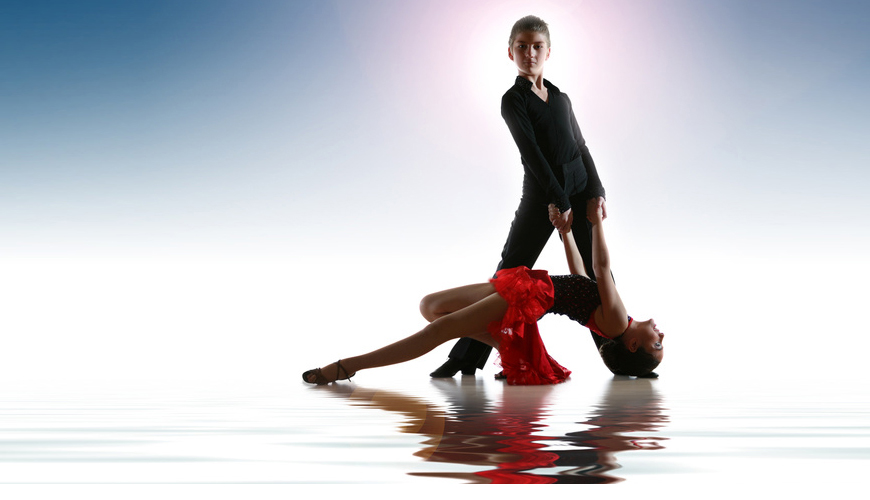
• Partners may not love each other in life. But on the ice they are obliged to show love.
• Frenchmen Papadakis and Sizeron cannot be considered invincible. In juniors, Stepanova and Bukin were stronger.
• Criticism is more important than complimentary feedback. Talking to the judges, the coaches are waiting for comments about the shortcomings.
Irina Zhuk, Alexander Svinin with students Elizaveta Shanaeva and David Narizhny / photo: Denis Gladkov, BUSINESS Online“THIS IS THE FEELING OF NOW ONLY THE CORONAVIRUS. THERE ARE NO OTHER DISEASES LEFT"
– How is the self-isolation training going in your group? Is it possible to recreate ice classes on the floor?
Zhuk: how is this possible if we have a pair sport, and the athletes now all live separately? They do not train in pairs and cannot train elements.
- Did ice dancing find itself in a more difficult situation than single skating?
Beetle: unfortunately yes.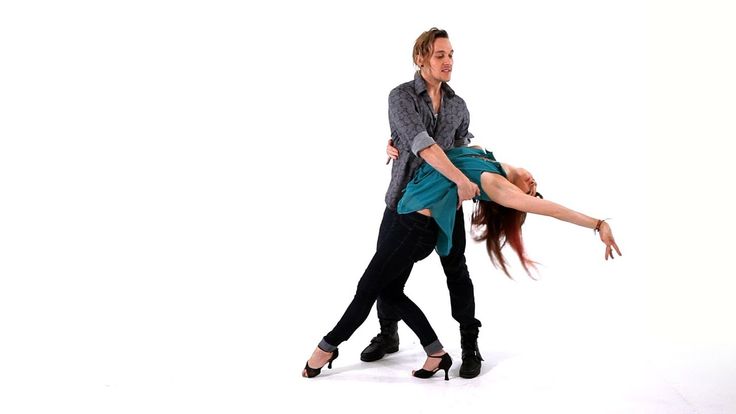 We cannot perform paired elements, so we are doing choreography and physical training through video classes on Zoom. We have a very good physical training coach Mikhail Panarin, who recently joined our team. We have been working with him for seven or eight months. Develops all types of muscles, kneads the guys. Everyone is trying to keep themselves in good shape. Both juniors and seniors work well and are motivated. No one even particularly recovered and the form is not bad.
We cannot perform paired elements, so we are doing choreography and physical training through video classes on Zoom. We have a very good physical training coach Mikhail Panarin, who recently joined our team. We have been working with him for seven or eight months. Develops all types of muscles, kneads the guys. Everyone is trying to keep themselves in good shape. Both juniors and seniors work well and are motivated. No one even particularly recovered and the form is not bad.
Each species has its own problems. Singles on the floor are also not easy to jump. Those who have a country house can still jump. And for those who live in small Moscow apartments, where to find a place? Moreover, now both parents are sitting at home, and grandparents. We need scope, space.
Mentally, it's still hard for the guys, after all, the life of figure skaters is usually active. The moods are different, sitting at home for two months is not easy. The last time we went out on the ice was March 21st.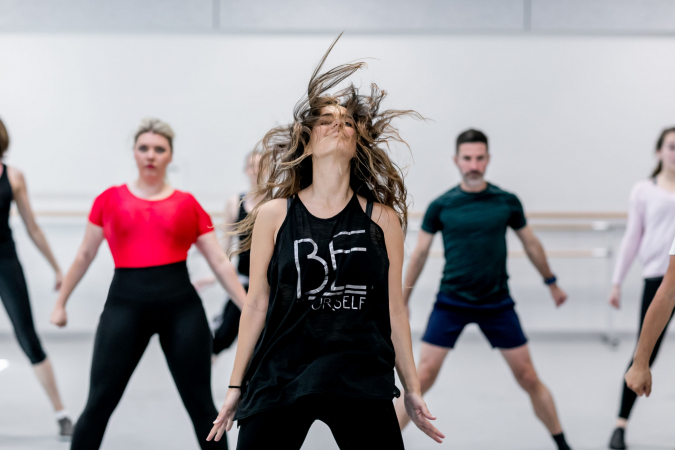
- Do you have any idea when they will be allowed to train? Now, each region decides this independently, and in a number of trainings are already possible.
Zhuk: I heard about it, but I think that Moscow and St. Petersburg will be the last to come out of quarantine. So far, I have not heard any progress in this regard. The Federation is trying, plans are being developed. There is hope that the national team will be allowed to train in Novogorsk. We are talking only about the main composition of the senior team. Juniors and children will not be on the ice soon.
- But for juniors, the Grand Prix series should start earlier. How so?
Beetle: it is planned to start earlier, but no one knows how things will be in reality. There will be competition, there won't be. Everything is up in the air, there is no information. In my opinion, there will definitely be no starts in August and September.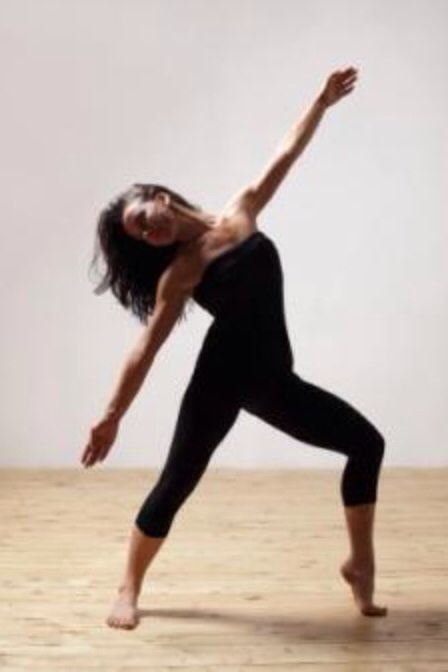 Because no one will have time to prepare. In the best cases, we will start the Grand Prix in October.
Because no one will have time to prepare. In the best cases, we will start the Grand Prix in October.
– But training has already begun in a number of countries. In Italy, for example, the center of the European pandemic.
Beetle: the Italians went into quarantine earlier than we did. Everyone has their problems and limitations. In the same Italy they train under special conditions. Coaches, for example, were forbidden to go on the ice, all in masks. But it's better than nothing.
View this post on Instagram
Posted by Matteo Rizzo (@matteorizzoo)
– The big problem is preparing the rinks. In the same Novogorsk, the ice was melted. How long does it take to restore it?
How long does it take to restore it?
Beetle: It takes a little over a week to prepare the ice for training, maybe even less. Skating rinks have been melted almost all over the country, our skating rink too. But this will not be a significant problem, in my opinion. We have enough good specialists who will prepare the ice as needed.
– In your opinion, how long will the athletes have time to prepare for the next season?
Beetle: there will be no quick preparation, but there is nothing unrealistic in this situation. After severe injuries, the athletes somehow recover and nothing. For me, an example is always the return to sports of Elena Berezhnaya. She had a severe injury, after which she learned to walk and talk again. But nothing! Elena successfully underwent two operations, returned to the ice and won two Olympic medals.
So the guys will cope with this situation. The motivation of athletes and the qualifications of coaches, the right approach are important here.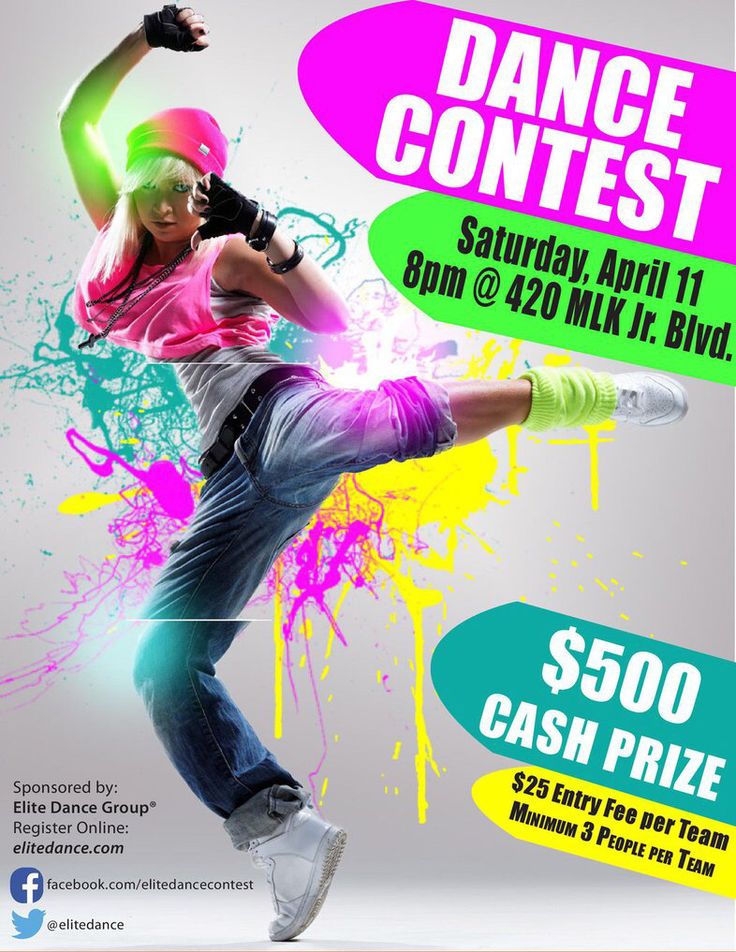 The most important thing is not to force the preparation, give the guys time to recover, remember the movements, elements. There is a lot of work to be done, but it just never happens in our business.
The most important thing is not to force the preparation, give the guys time to recover, remember the movements, elements. There is a lot of work to be done, but it just never happens in our business.
– Do you already have thoughts about new programs?
Beetle: Everything depends on how the situation develops: when we start training, when the first competitions take place. We are waiting for decisions from ISU. The union decided to meet the needs of the athletes and not change the rules for dancing this year, although according to the standard they are new every year. This time you can leave the same rhythm dance.
- In your opinion, is the situation with quarantine in the world justified or is the government exaggerating the scale of the pandemic?
Beetle: is a very complex and controversial issue. At first I was skeptical about the virus, but judging by what the doctors say, the danger is high.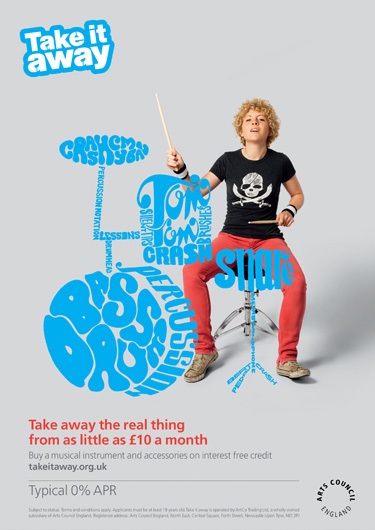 The doctor who works in our group warned that all age groups are at risk of getting sick. He saw seriously ill people, he is now treating them in the infectious diseases hospital. Therefore, health is more important. We ourselves try not to go anywhere and advise the guys to minimize contacts with the outside world.
The doctor who works in our group warned that all age groups are at risk of getting sick. He saw seriously ill people, he is now treating them in the infectious diseases hospital. Therefore, health is more important. We ourselves try not to go anywhere and advise the guys to minimize contacts with the outside world.
Another thing, is it worth stopping life completely for such a long time? There are questions about the appropriateness of how these measures help. In the same medicine, it seems that now we have only the coronavirus. Stopped all planned examinations, operations. It turns out that there are no other diseases left at all.
View this publication on Instagram
Publication from SEɴᴄ (@s_shev._)
“We are not white and fluffy coaches, as many people think.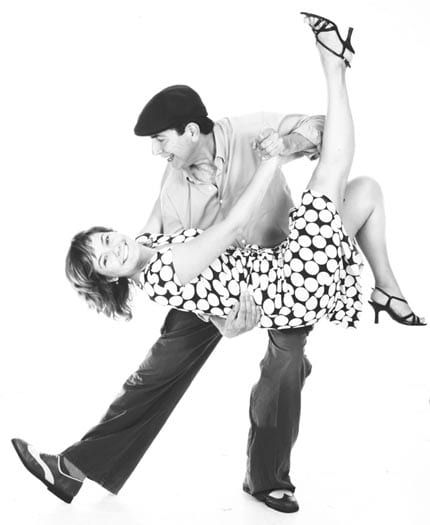 WE CAN BE TOUGH"
WE CAN BE TOUGH"
- There are a lot of couples in your group now. How do you organize work?
Pork: actually, there is nothing cardinally complicated in this, you just need to plan everything correctly. We have an individual sport and we need to allocate our own time for each pair. There are three main categories we work with: kids, juniors and seniors, masters of sports. The main work, of course, is done by Irina and I, but we also have a whole team of assistants.
When we leave, they work with couples left in Moscow. In addition, the world is moving forward and our knowledge is not always enough. Therefore, we invite specialists from related species so that our guys develop. There is a person who is engaged separately in support from sports rock and roll, people who are engaged in sports ballroom dancing. To put some support, for example, we called special acrobats. There is, as Irina already said, a separate physical training coach, a psychologist who helps both us and the athletes. Great team focused on a common result.
Great team focused on a common result.
Zhuk: we also plan who and with whom goes to competitions. This is a big job. Our choreographer Alyona Samarskaya helps us in many ways: she has already become a coach for us, and she works with us in training and at competitions. They invited a young coach Grigory Yakushev, our former athlete. He works with young couples. Senior couples take a lot of time, so juniors do not always have enough attention. But we are watching everyone.
- You mentioned a psychologist. What exactly does he do?
Pork: her name is Zhanna Simak. Definitely her work can not be described. Zhanna conducts lessons with athletes, both individual and group. Teaches stress resistance, concentration. She has her own methods, tests, exercises.
Zhuk: Zhanna is a very positive person, and she conveys this positive attitude to our entire group, helping to get in the right mood for competitions. The children love her very much, they trust her with everything that is most important. And we treat her very well ourselves, she has been with us for many years. Mental preparation is the most important part of figure skating.
The children love her very much, they trust her with everything that is most important. And we treat her very well ourselves, she has been with us for many years. Mental preparation is the most important part of figure skating.
– Do you try to divide the work in the coaching staff among different specialists so as not to deprive anyone of attention?
Beetle: is correct. Everyone in our team is a professional and everyone does their job. But we work as a team, no one pulls the blanket over. This is a very important point. Only when all the details fall into place does the puzzle take shape.
Pork: It's very good that we have many couples and they train together. Looking at each other, there is a serious competitive moment, they are developing, they want to become better.
Zhuk: leaders, of course, Sasha Stepanova and Ivan Bukin, no doubt. But it's great to see young couples pulling up on them.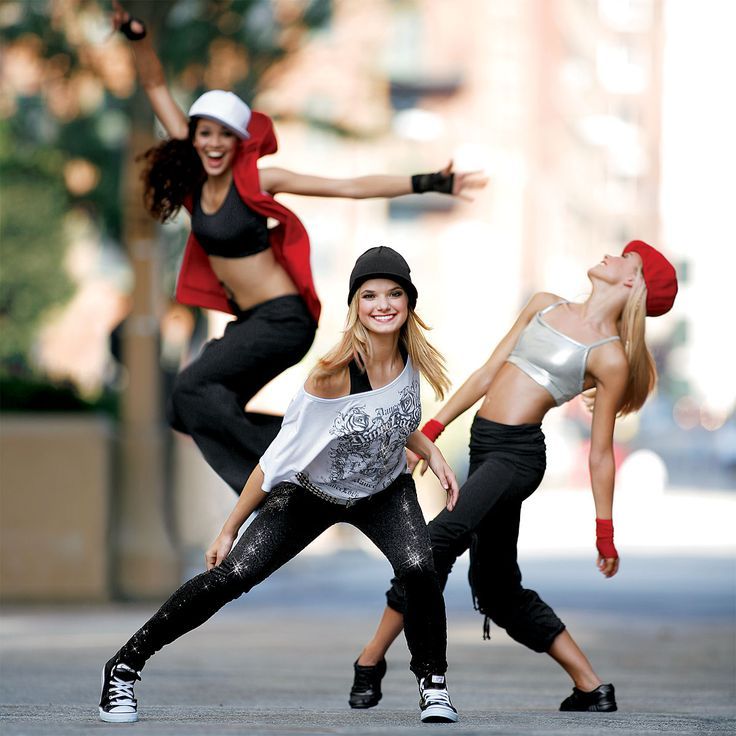
– How do you organize your work when you go to competitions?
Svinin: Our choreographer Samarskaya and coach Yakushev, our psychologist, fitness trainer, stay with the young. Classes do not stop, we have a plan, we are calm in this regard.
- In general, do you try, if possible, to ride with all pairs equally, or is Stepanova and Bukin a priority?
Zhuk: definitely Sasha and Vanya are our priority. We always go to major competitions together, to small ones we split up, we ask you to accompany the athletes of the second coach.
Alexandra Stepanova and Ivan Bukin with coaches / photo: Mikhail Sharov, press service of the Russian Figure Skating Federation - They say about your group that it has a very warm and friendly atmosphere. How possible is this in terms of competitive figure skating? Especially in ice dancing, where there is always the most behind-the-scenes intrigue.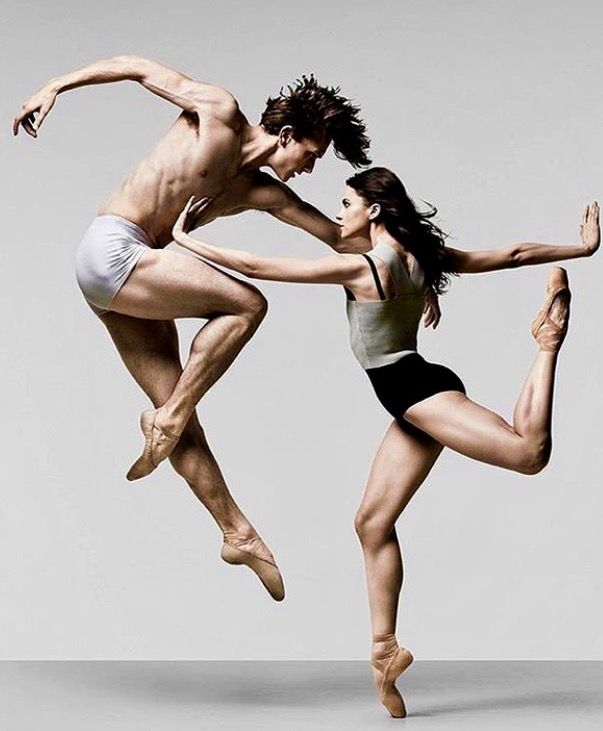
Zhuk: when we just started working with Sasha, and we have been training for almost 20 years, we immediately chose the policy of separating sports and everyday life. Therefore, in our group they compete only on ice. Outside of the rink, most of our couples maintain a very close and warm relationship, standing up for each other.
As for intrigues and undercover games, we are against such approaches. They are unacceptable both on our part and on the part of the athletes. We do not get involved in judges' showdowns and deals. The task is to go out and show your maximum. Even if something did not work out at the competition, we always set them up to find their own shortcomings. There is no such thing that you are not allowed to win. So, at the moment you did something wrong. You need to go ahead and not think about grades, skate for yourself so that you yourself are not ashamed of yourself. And how the judges will evaluate it is not for us and not for them to decide.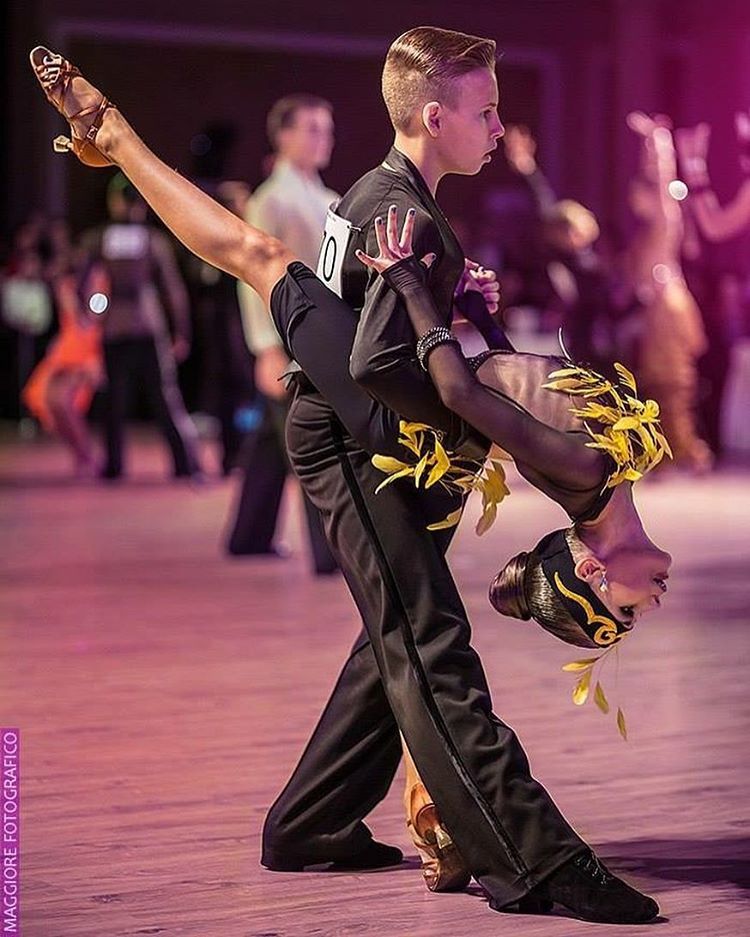
Pork: We have enough stress at competitions, so we try to organize the training process in a positive way. Because if there are quarrels during training, then there will be no order at all.
Zhuk: happens, of course, we scold our athletes, different moments happen. We are not white and fluffy trainers, as many people think. We can be quite tough. But the guys never take offense at us. Because if we raise our voice, it is always on business.
- Alexandra Stepanova in an interview with our publication said that warm relations with other couples in the group are partly due to different goals and objectives. But this is how things are at this stage, but what will happen in the future, when there will be direct competition between them?
Beetle: everything will be the same, in my opinion. They were brought up in such an environment since childhood, so I don’t think that at some point there will be a personal dislike.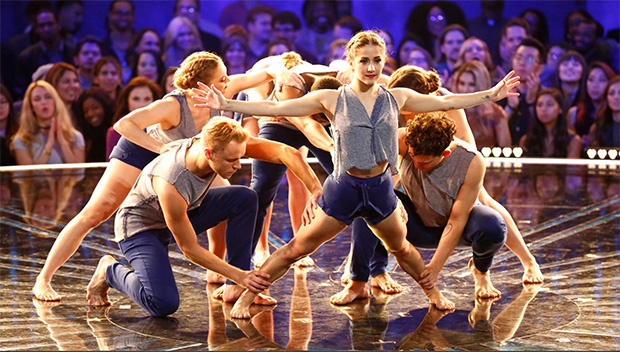 Perhaps they will talk less to each other, communicate. Is it possible.
Perhaps they will talk less to each other, communicate. Is it possible.
Pork: Everything depends on the individual, different people concentrate differently before the start. A specific approach is important here, for this a psychologist works in the group, who knows all the guys thoroughly.
– In your opinion, is it more convenient and clearer to work when there is a specific leader in the group that other couples look up to, or when there is direct competition between athletes of equal level?
Beetle: I am for competition. In addition to Stepanova and Bukin, we have Sofia Shevchenko and Igor Eremenko, and I think they are happy to compete with top athletes. They can learn from them, learn from experience.
Pork: At the adult level, we have clear leaders - Stepanova and Bukin. But among the juniors, there are several good pairs at once that compete with each other.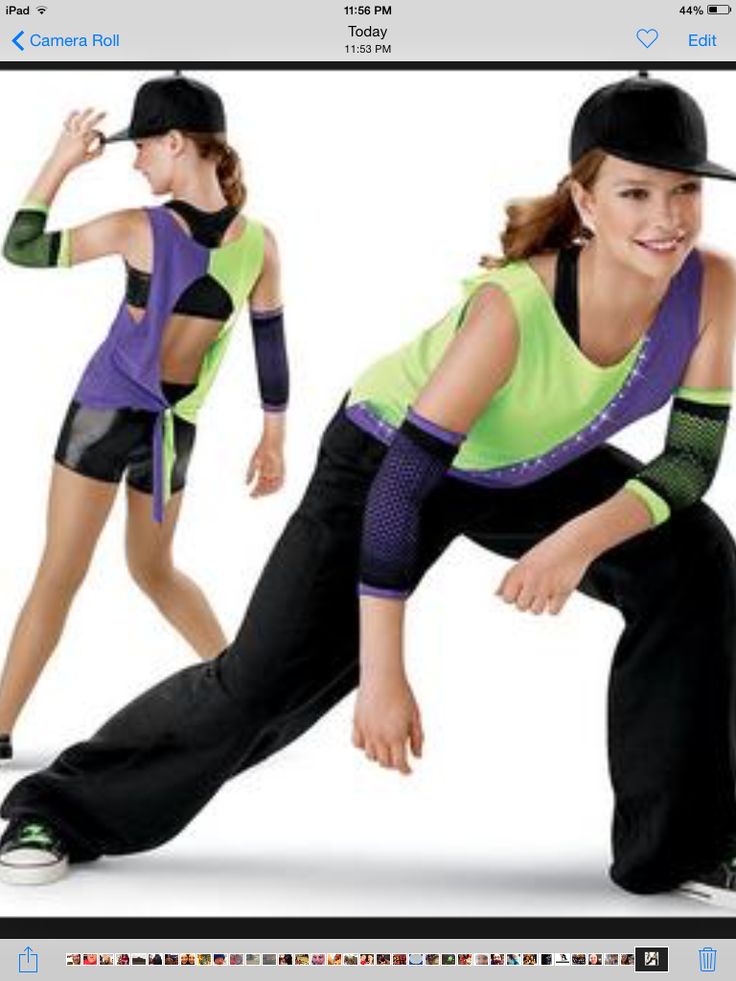 Probably, it is worth highlighting Elizaveta Shanaeva with David Narizhny. Last year they showed very good progress and won bronze at the World Junior Championships. But there is still a lot of work ahead, and just looking at Sasha and Vanya, the guys will be motivated to move forward.
Probably, it is worth highlighting Elizaveta Shanaeva with David Narizhny. Last year they showed very good progress and won bronze at the World Junior Championships. But there is still a lot of work ahead, and just looking at Sasha and Vanya, the guys will be motivated to move forward.
"EUROPEAN CHAMPIONSHIP IN GRAZ SHOWED WE ARE COMPETITIVE"
- The moment of transition from junior sports to adult sports for ice dancing is almost the most acute. There are many cases when a couple winning at the junior level, after moving to senior level, cannot realize themselves. What is the right way to approach this moment?
Pork: The transition is really difficult, because psychologically success at the junior level changes a person. They are already starting to feel like stars and this is a big mistake. Many stop working at the proper level. Then they turn into adults and find themselves not in the highest places. Suddenly it turns out that there are many couples who ride much better. Some in this situation really get lost, motivation disappears. But this is the job of the coach, to correctly explain the situation to the athlete.
Suddenly it turns out that there are many couples who ride much better. Some in this situation really get lost, motivation disappears. But this is the job of the coach, to correctly explain the situation to the athlete.
We try to show our juniors the skating of the best pairs in the world, they have the opportunity to watch one of these pairs live during training. Therefore, the guys do not have a break from reality, they look at different couples, analyze, draw conclusions. The most important thing is to prevent star disease, then there will be no shock from defeats in the first year after juniors.
Beetle: we psychologically prepare them for the fact that immediately after the transition to adulthood there will be no high results and this is normal. There are already recognized skilled couples in the world, and you will still have to prove that you are better than them. You need to work, improve and the judges will notice this sooner or later.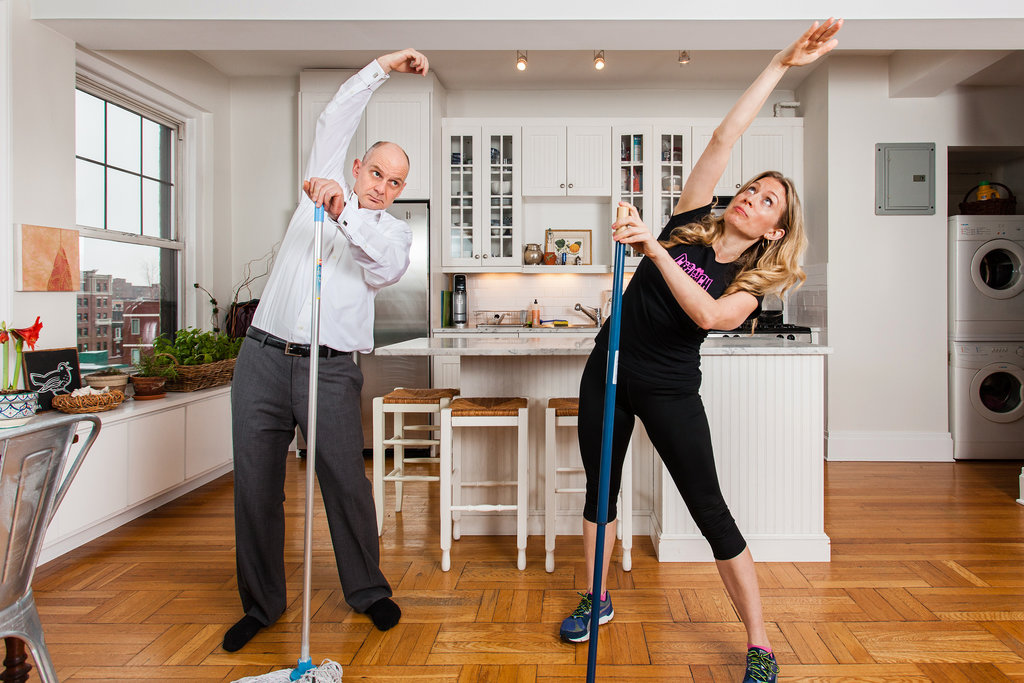
Pork: this is a noticeable dance problem - a big gap between junior and adult sports, in contrast to, for example, women's singles. You need to gain credibility and experience before you can be taken seriously. We don't have jumps and super-difficult elements that could compensate for the difference in level between a young and an adult pair. On the contrary, you need to constantly roll out programs, partners better understand each other - all this comes with time, with obscenity.
Zhuk: Since childhood, we have been teaching our children to show communication with each other in programs. Still, we have a pair view, where the main theme is the relationship between a man and a woman. In this regard, it is also logical that only adults with deep personal experience can truly reveal this topic. In dancing, you need not just to run from jump to jump, performing ultra-si, but to skate like an adult, with an understanding of your image.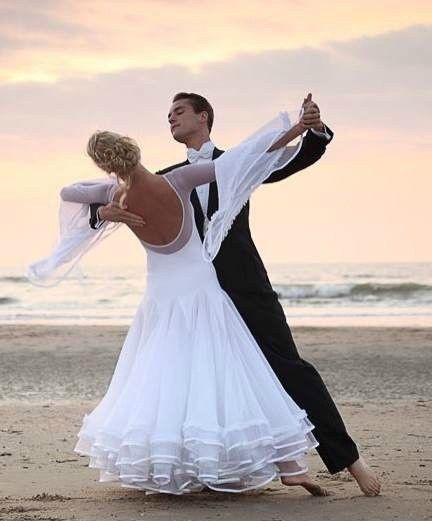
A girl and a boy in my understanding is love. No one forces partners to love each other in real life, but on the ice this passion must be present. Here is a question for the development of acting skills. I compare it with cinema: when shooting films, actors show feelings so soulfully that I want to believe them. And in real life they have their own wives and children. It’s the same in figure skating: if there is no love, you need to play it soulfully. So that everyone believes - we are behind the board, judges, spectators.
- An example of a successful transition from juniors to seniors is the French Gabriela Papadakis and Guillaume Sizeron. She began to show results after a season. How do you think they achieved this?
Pork: I would not say that they abruptly turned into adults and started to win everyone. For two years they still searched for themselves. I remember their first European Championship, where their judges didn’t really like it.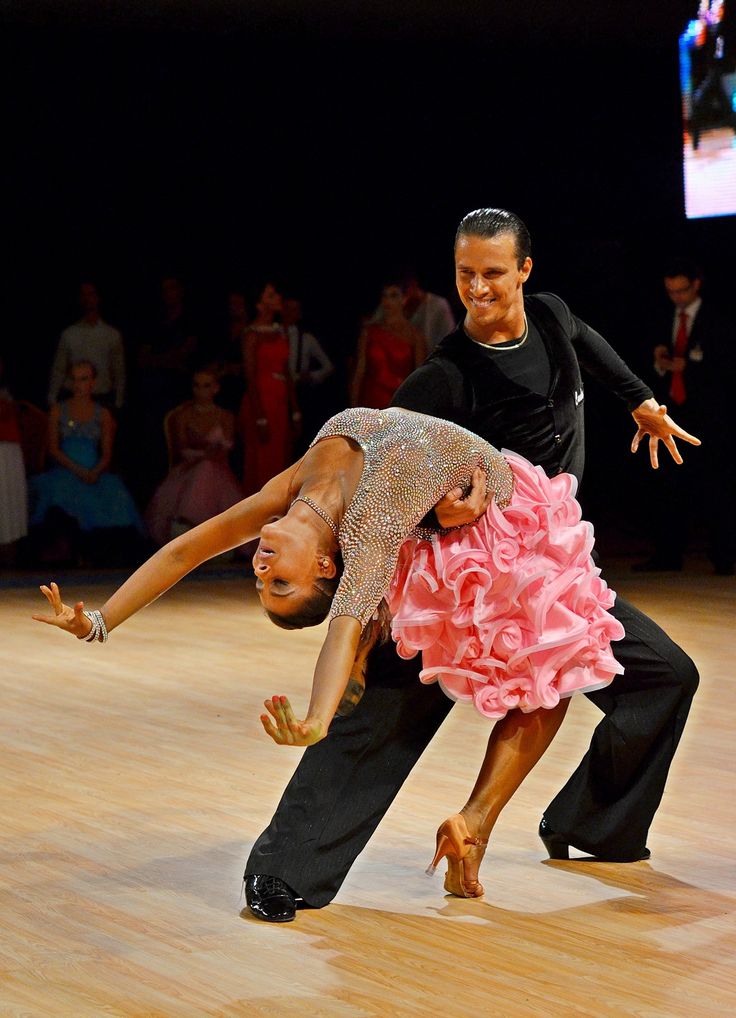
Beetle: and I think that indeed, the French did not stay in the last places for a long time and very quickly became world champions. In fact, they even surpassed their junior level. But people are all different, and there are those who quickly rebuild.
Others need more time. I remember another couple that quickly declared themselves - these are Canadians Virtue and Moir. In some ways, dancing on ice is reminiscent of vegetable growing. We grow pairs from a small seedling, then the fruits appear. And it is important to let them ripen before picking them. Therefore, we do not rush anyone, we let the guys develop gradually.
We have a very good Shevchenko/Eremenko pair. They already showed quite a good result in their first year, and I am sure that next season they will only be stronger. What is important is that they hear us and listen. They are very easy to work with. In the relationship between a coach and an athlete, the most important thing is mutual understanding and trust.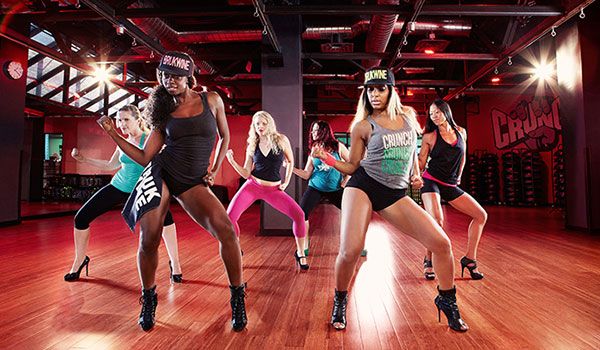
– If we recall the junior careers of Papadakis and Sizeron, then Stepanova and Bukin were stronger than the French, regularly defeated them. Why is the situation different now?
Zhuk: Indeed, in juniors, Sasha and Vanya looked stronger. But they have matured a little longer than Papadakis and Sizeron. Therefore, somewhere they missed their moment. Perhaps the fact that the French had switched to adults a year earlier had an effect. But everything is ahead!
– Did the fact that the French decided to move to seniors earlier affect the perception of the couple by the judges?
Beetle: more likely because they matured faster. But this process is different for everyone. We did not drive Sasha and Vanya, in our understanding, they had to reach this point with their own brains. And, thank God, they did.
If we recall the last two seasons, then Stepanova and Bukin made a giant leap forward. This is noted not only by us, but also by other specialists. At the same time, growth continues, we do not stop work. Waiting for the peak. He's not far off.
Pork: The same European Championship in Graz showed that we are absolutely competitive. Several judges at once put Stepanova and Bukin in free dance higher than Papadakis and Sizeron. Local, but a victory.
- Stepanova and Bukin took the results of the season very coldly for themselves. Alexandra says that in terms of skill, she and Ivan have moved forward, but in terms of results they have taken a step back. Do you agree with this?
Pork: it happens. But more important is the overall progress, and not a place at a particular start. By points, for example, the couple is progressing.
Beetle: OK, but didn't the French take a step back? Five years in a row, everyone wins, and then take, and lose.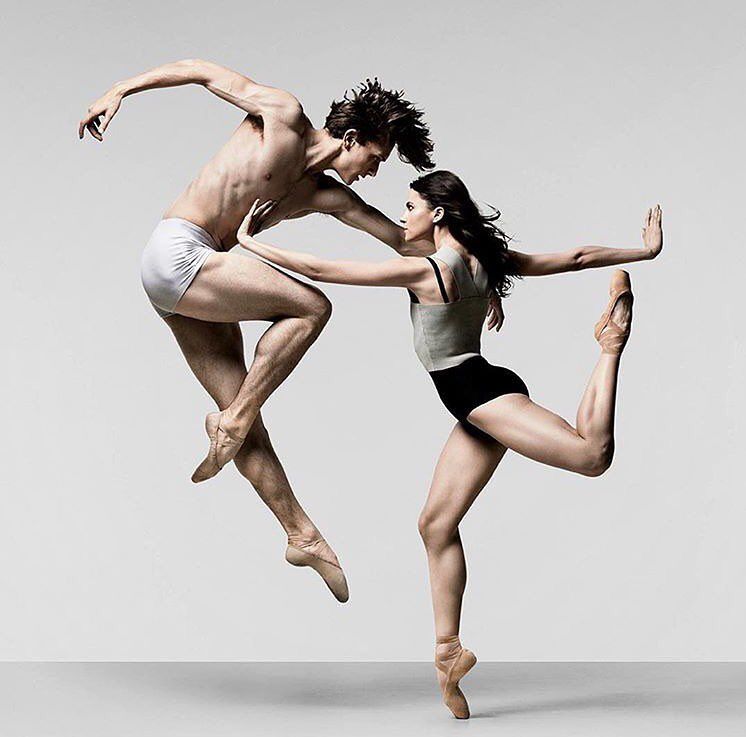 So everything happens, we will draw conclusions, we will try to improve the controversial points in the programs. There was absolutely no tragedy. First, there are different competitions. Each judging panel evaluates the athlete in its own way, in dancing it is very difficult to compare the results.
So everything happens, we will draw conclusions, we will try to improve the controversial points in the programs. There was absolutely no tragedy. First, there are different competitions. Each judging panel evaluates the athlete in its own way, in dancing it is very difficult to compare the results.
More importantly, the arbitrators recognize the development of the couple, her style. There was a connection between partners, cursing, love of the public. In our form, any little things are important, up to the number of subscribers in social networks. The guys are progressing, and we look only forward.
- Is Papadakis and Sizeron's first defeat in several years a plus for world figure skating? Or will the situation not change radically?
Zhuk: It's hard to say anything concrete now, especially after the cancellation of the World Cup. Ahead of a new season and new competitions. Just like that, no one will give anything. We have always believed that we can and should fight them. It was not always allowed to do this for various reasons. But our Russian couples, Sasha and Vanya, are in no way inferior to Papadakis and Sizeron. So you need to prepare, analyze your results and set the highest goals.
We have always believed that we can and should fight them. It was not always allowed to do this for various reasons. But our Russian couples, Sasha and Vanya, are in no way inferior to Papadakis and Sizeron. So you need to prepare, analyze your results and set the highest goals.
- In your opinion, the French do not show a sharply different level of skating from all the others to consider them a priori favorites at any start?
Pork: they show really outstanding skating, let's not dispute their level. But after all, other couples have grown up a lot, so the difference between them has become not so obvious. Everyone works, no one stands still. Therefore, now the French are one of the favorites, but not the only ones. A year ago, the gap was more significant, the competitors lagged behind the French by 10 - 15 points.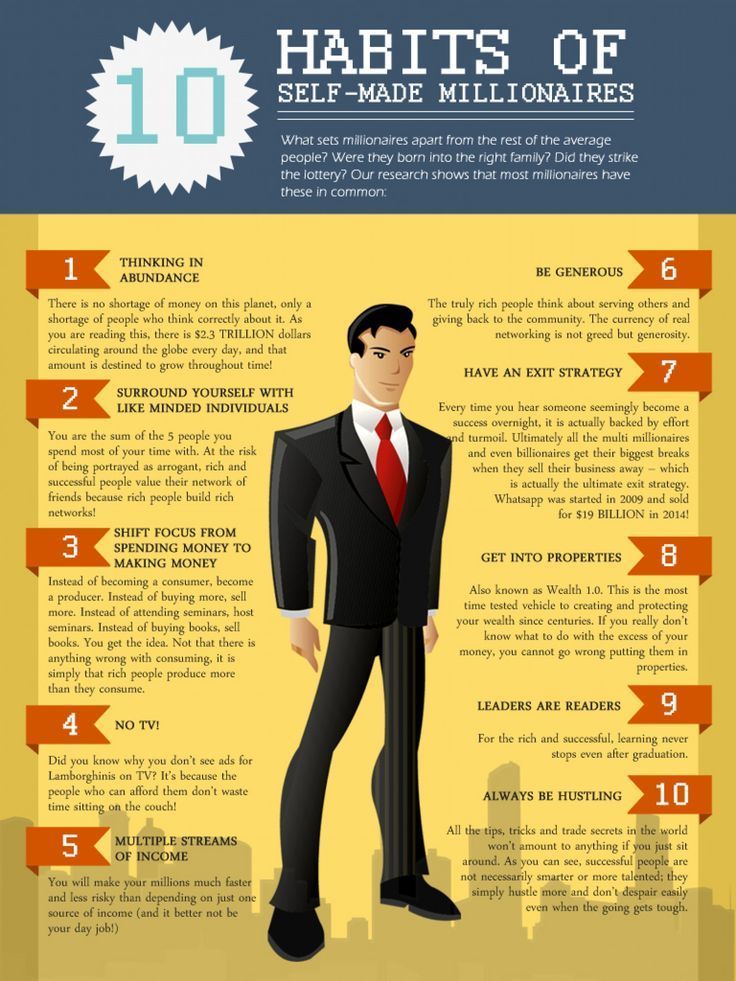 Now there are many couples of a very high level who have come very close to Papadakis and Sizeron. Nikita and Victoria were even able to bypass them. Further more. The closer the Olympic Games are, the higher and more intense the struggle will be.
Now there are many couples of a very high level who have come very close to Papadakis and Sizeron. Nikita and Victoria were even able to bypass them. Further more. The closer the Olympic Games are, the higher and more intense the struggle will be.
Zhuk: in our group there is a constant creative process when we think how and due to what we can win. New chips, ideas come to mind, we discuss them with the guys, we try something creative. This work is not for one day, for the future. In dancing, you cannot grow at the snap of your fingers, but if there is a work strategy, then the result will be.
“CRITICISM IS MORE USEFUL THAN PRAISE. IT GIVES AN OPPORTUNITY TO BECOME STRONGER»
- Many people think that ice dancing stands still. In this regard, is it worth trying unusual images, ideas for programs? The same French last year took a chance in rhythm dance with aerobics and did not fail.
Pork: the French are leaders and could afford it.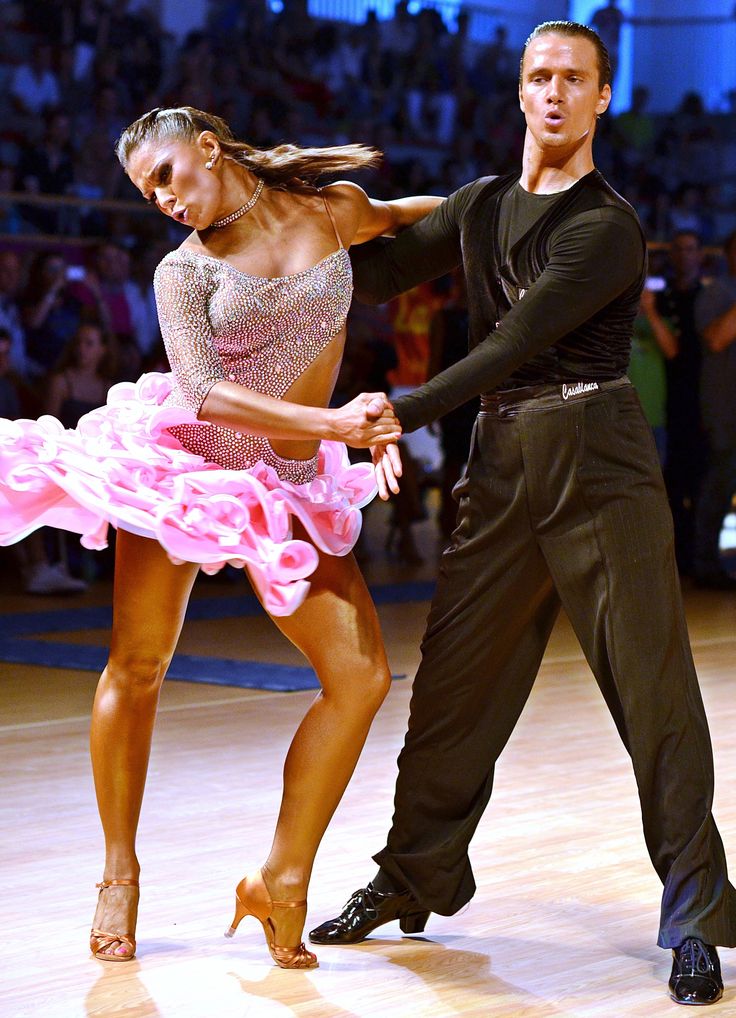 We probably would not dare to stage such an unusual dance for our guys. Leaders are allowed much more than everyone else. And I'm not very sure that if the Russian couple went under aerobics, then the judges would positively evaluate such a step. This is a huge risk, and it is not justified.
We probably would not dare to stage such an unusual dance for our guys. Leaders are allowed much more than everyone else. And I'm not very sure that if the Russian couple went under aerobics, then the judges would positively evaluate such a step. This is a huge risk, and it is not justified.
Beetle: although they set world records, the opinion among specialists about the rhythm dance of the French is ambiguous. Globally, you can’t say that everyone likes it. Personally, I like certain developments, but there are also moments that I would put differently. As a program from and to, in my opinion, this is not the best production of the French. In past years, I liked their short program more.
- Have you ever thought about putting on something unusual?
Zhuk: take at least the free dance of Stepanova and Bukin from last season. It is very unusual, and programs in this style have not yet been staged before us. The music we chose has never been used before either. Therefore, before the start of the season, we did not know how the judges would perceive our idea, there was a certain risk. People really liked it. It remains only for the judges to like it too ...
The music we chose has never been used before either. Therefore, before the start of the season, we did not know how the judges would perceive our idea, there was a certain risk. People really liked it. It remains only for the judges to like it too ...
Lots of ideas. We wanted to start work on new productions back in April, but due to the pandemic, this work will have to be postponed. I really want to really surprise in the new season, to present memorable programs. Perhaps, sometimes it is even more important than victory.
- A lot of controversy and discussion often arises around the assessments of Stepanova and Bukin. Approximately equal performances, but completely different scores. Do you talk to the arbitrators about this topic?
Beetle: during the competition we are not allowed to even approach the judges, this is strictly controlled. After the competition, we can come up and ask what was wrong, what else needs to be worked on. We communicate with the arbitrators constantly, we hear opinions from different judges. We sometimes disagree with something, in other cases we take note of the advice from the judges. To be honest, it is even more important when we are criticized. Criticism is more useful than praise, it makes it possible to become stronger. And constructive criticism should be treated with respect.
After the competition, we can come up and ask what was wrong, what else needs to be worked on. We communicate with the arbitrators constantly, we hear opinions from different judges. We sometimes disagree with something, in other cases we take note of the advice from the judges. To be honest, it is even more important when we are criticized. Criticism is more useful than praise, it makes it possible to become stronger. And constructive criticism should be treated with respect.
– So, is there a dialogue with the judges? When the arbitrators set the base levels for Alexandra and Ivan, it seemed that this was some kind of conspiracy ...
Beetle: Unfortunately, this happened. But we did not treat the situation as a conspiracy, there were no offenses against the judges. We tried to figure out what was the reason, how to fix the problem. How to complete the elements so that no one else digs. What can you do if our sport is not very objective.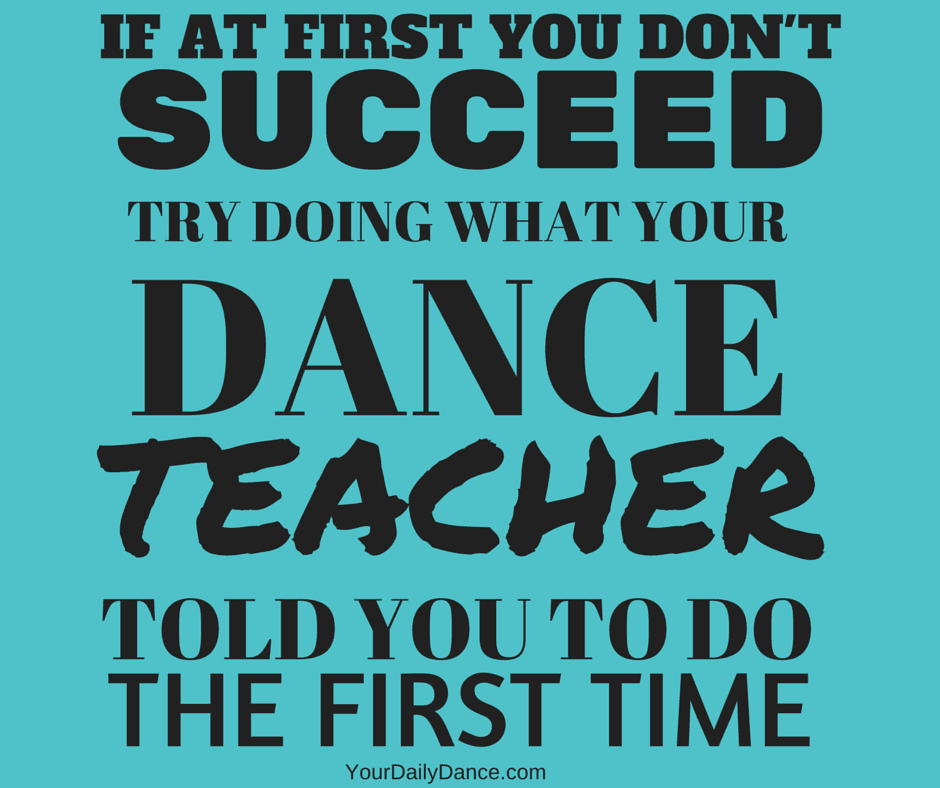 The factor of subjectivity in dancing is inevitable, it will always be there. This must be treated philosophically.
The factor of subjectivity in dancing is inevitable, it will always be there. This must be treated philosophically.
– Did you get an understanding of modern requirements in ice dancing?
Beetle: for so many years by itself. The dog has already been eaten in figure skating.
– But the rules and approaches to judging are constantly changing...
Svinin: the rules in dancing change every year, but the general trends change every four years, for the Olympic cycle. In this Olympic cycle, it is important to prepare such programs where the production will have a holistic character, fully reveal the image.
Beetle: I'll explain. The elements must be carefully woven into the program so that they cannot be seen individually. The program must be inseparable, unified. The most important thing is to think about ordinary spectators who came to figure skating.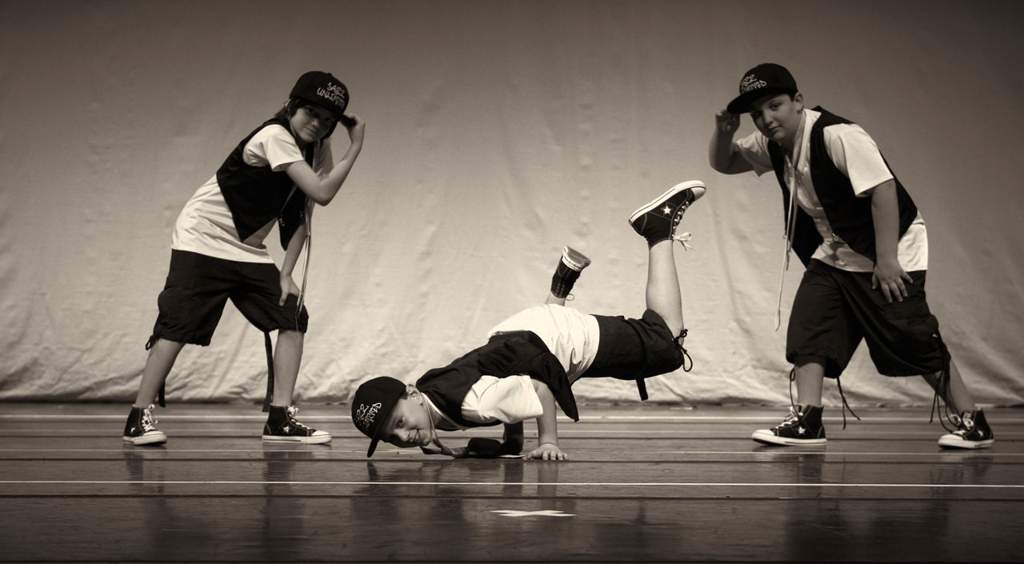 And performances should catch them, be interesting. They do not understand anything in the elements, but they can easily capture the emotions and grace, the idea of the program. Therefore, we ask our guys not to go into technology, but to pay more attention to emotions. Play with the face, put the theater on ice.
And performances should catch them, be interesting. They do not understand anything in the elements, but they can easily capture the emotions and grace, the idea of the program. Therefore, we ask our guys not to go into technology, but to pay more attention to emotions. Play with the face, put the theater on ice.
- If we talk about spectator interest, then in sports the most important interest is in intrigue. Fans follow the competition live, because they do not know who will take first, and who will take second and third places. Don't images and emotions fade into the background?
Pork: I disagree. Interest is influenced by a number of factors. Ice dancing is a sport, but it is an aesthetic sport and people should enjoy it. If we go into the technical jungle, which is not always presentable, then we will not have so many fans. And our sport will go into oblivion. Therefore, first of all, you need to be able to interest the viewer.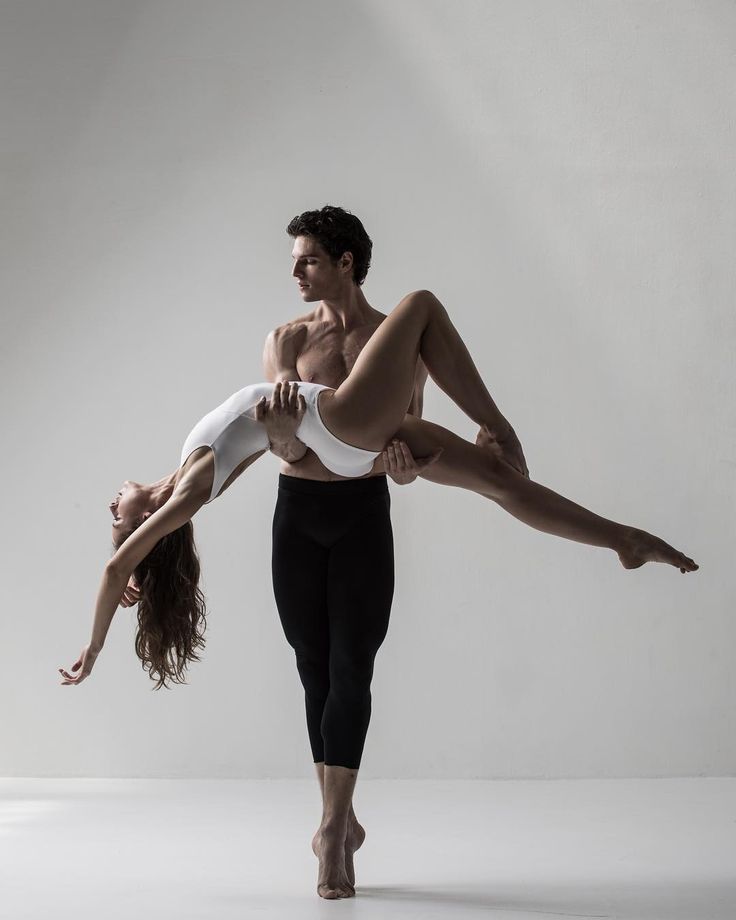
Beetle: after all, we don't have jumps to keep the audience interested only through technique. Dancing on ice is just watched for the sake of emotions and vivid performances, in this our kind positively differs from other types of figure skating.
At every major competition, there are workshops for coaches where the judges try to change the approach to scoring in order to make our sport more presentable and interesting for the spectator. Judges consult with coaches, together we decide what elements should be added to the program so that they look better, what criteria in judging need to be revised. But globally, all this work goes to the viewer. And now it’s more likely even on TV broadcasts than on an audience in the hall.
View this post on Instagram
Post by Aleksandra Stepanova (@aleksandrastepanova)
the layman is difficult to understand. Doesn't that affect audience interest?
Doesn't that affect audience interest?
Beetle: after all, we also have technical elements and a more or less savvy viewer may notice an error. These are both supports and rotations. Rotations can be under-twisted, as a result, the level of evaluation immediately drops, the judges look at the edge during rotations - internal or external. These are small details, but they add up to the overall picture of the rental.
Experts see mistakes right away, so when we communicate with judges, we usually have a substantive conversation. We immediately understand where the mistakes were noticed correctly, and where the moment of refereeing was controversial. If desired, it is quite possible for a simple fan to understand these nuances, although it is more difficult than with jumps and emissions. In singles, everything is more obvious, whether he fell or left. Or made with a rough blot.
At the same time, the same components that are not always obvious even to coaches are present not only in ice dancing, but also in doubles and singles. And the audience is also wondering how and by what criteria these marks are made. This is the specificity of the sport, it cannot be radically changed. And all the same, the audience will still distinguish a good dance from an unsuccessful one, in my opinion. It is through emotions, presentation, energy that the skaters convey to the fans through their performance.
And the audience is also wondering how and by what criteria these marks are made. This is the specificity of the sport, it cannot be radically changed. And all the same, the audience will still distinguish a good dance from an unsuccessful one, in my opinion. It is through emotions, presentation, energy that the skaters convey to the fans through their performance.
Pork: To win, you need a combination of correct skating, pure elements and a bright presentation, sincere emotions. And that's what we're trying to achieve with the guys in our group. It does not always work out, but in general the development vector is chosen correctly.
SPORT BO DOSSIER
Irina ZHUK
Date of birth: December 3, 1966
Place of birth: Kharkov (Ukrainian SSR)
Specialization: ice dancers 0
Main achievements: paired with Oleg Petrov - winner of the Grand Prix stages, USSR Cup holder, International Master of Sports of the USSR.
